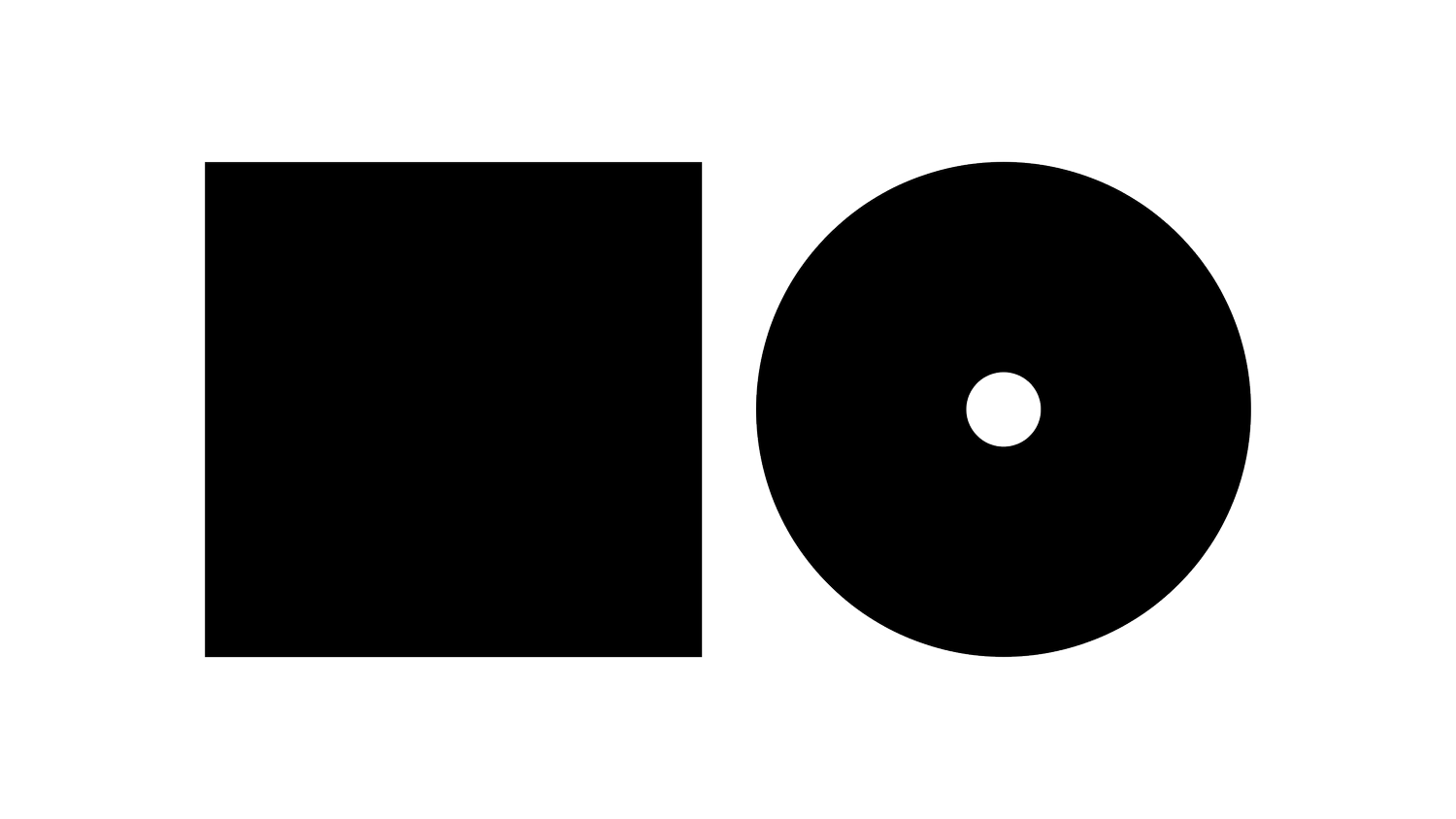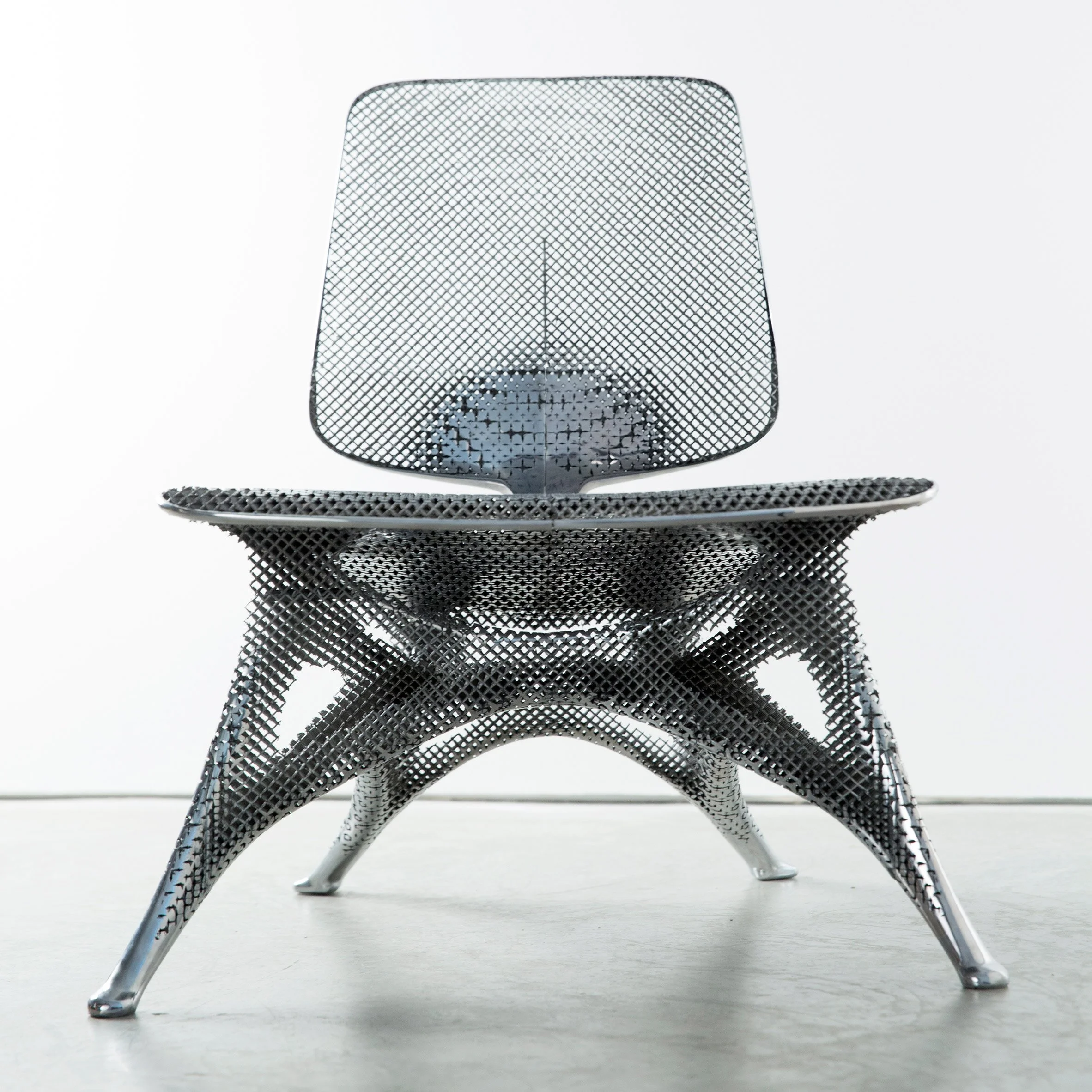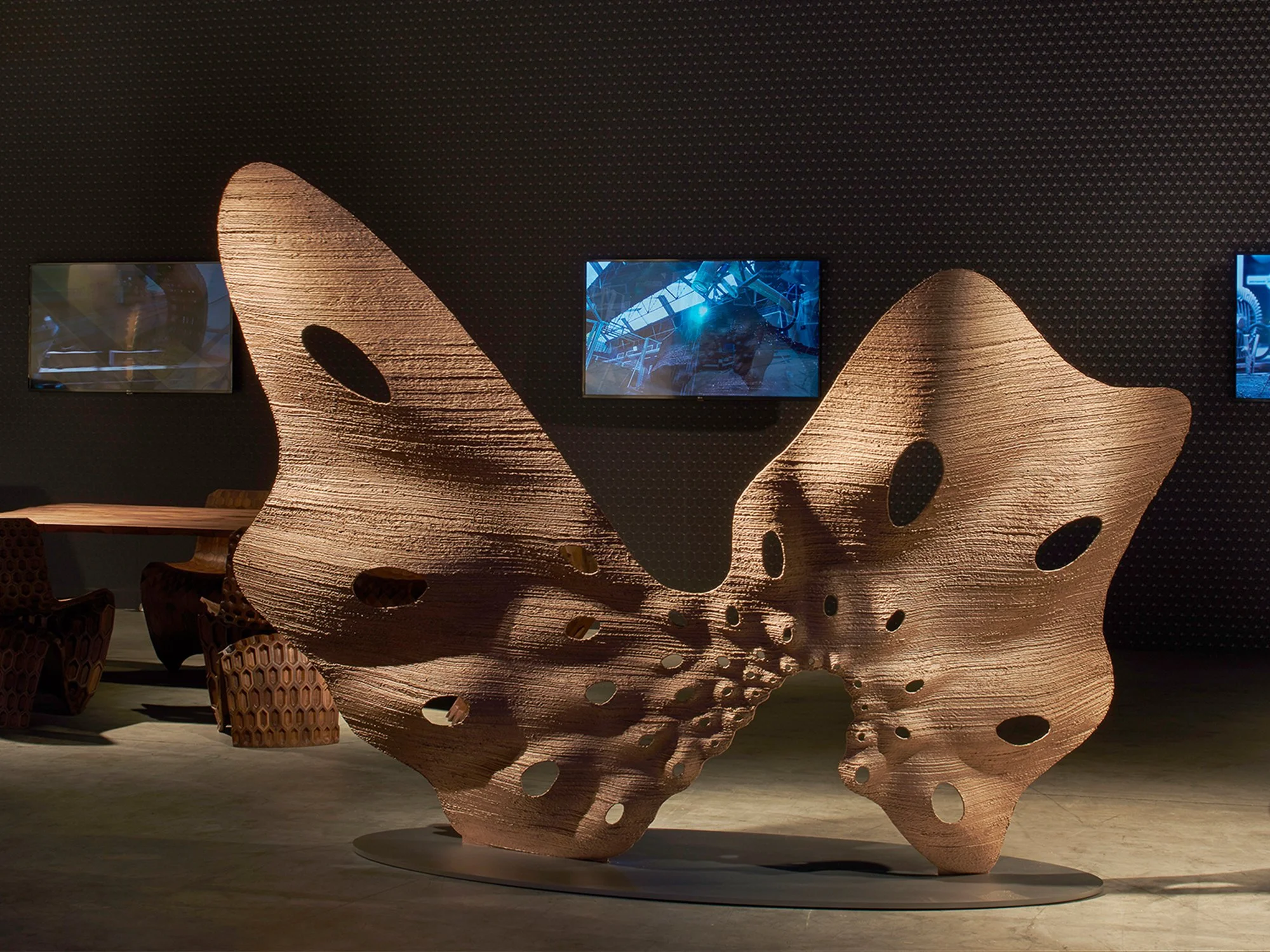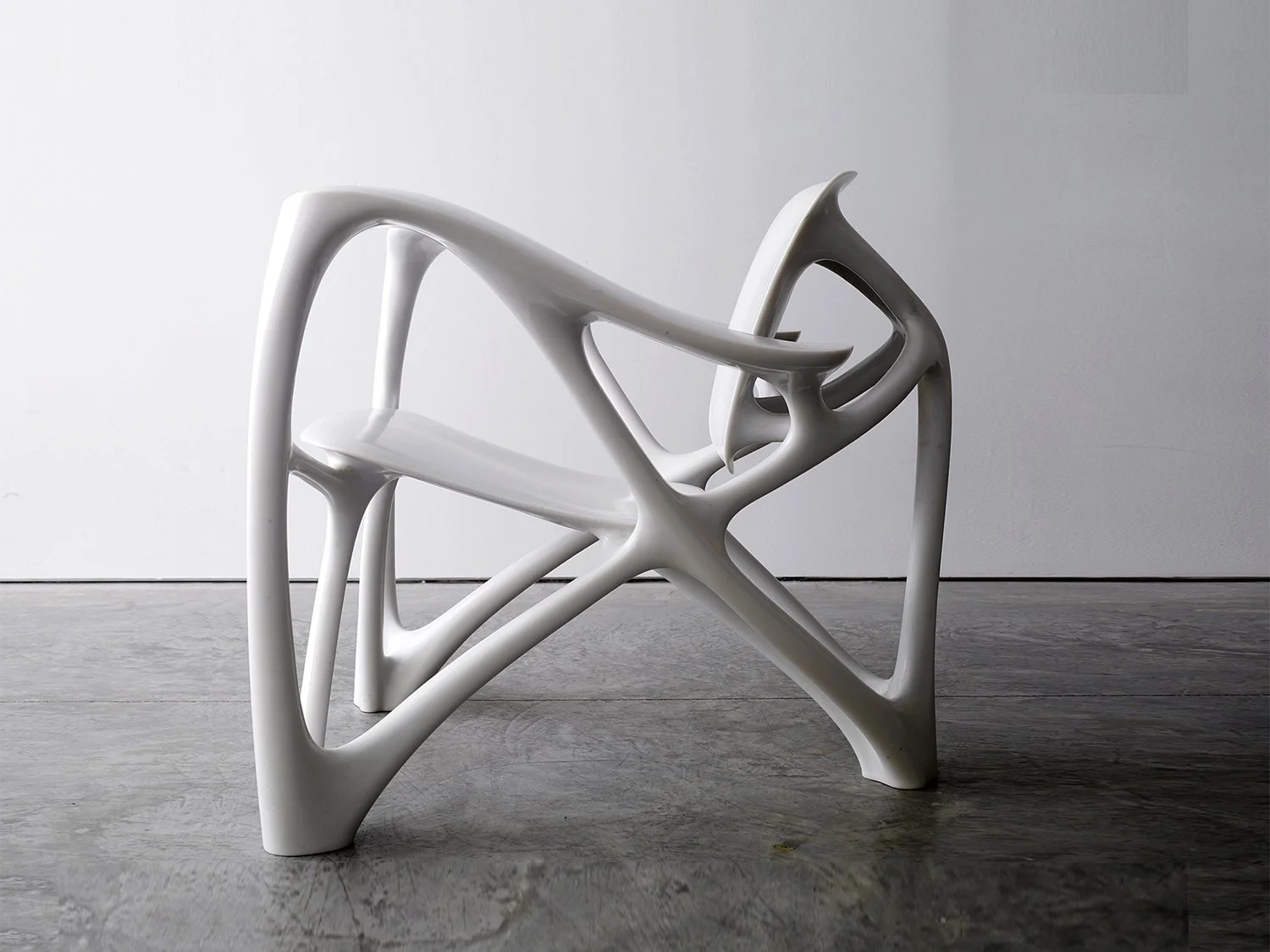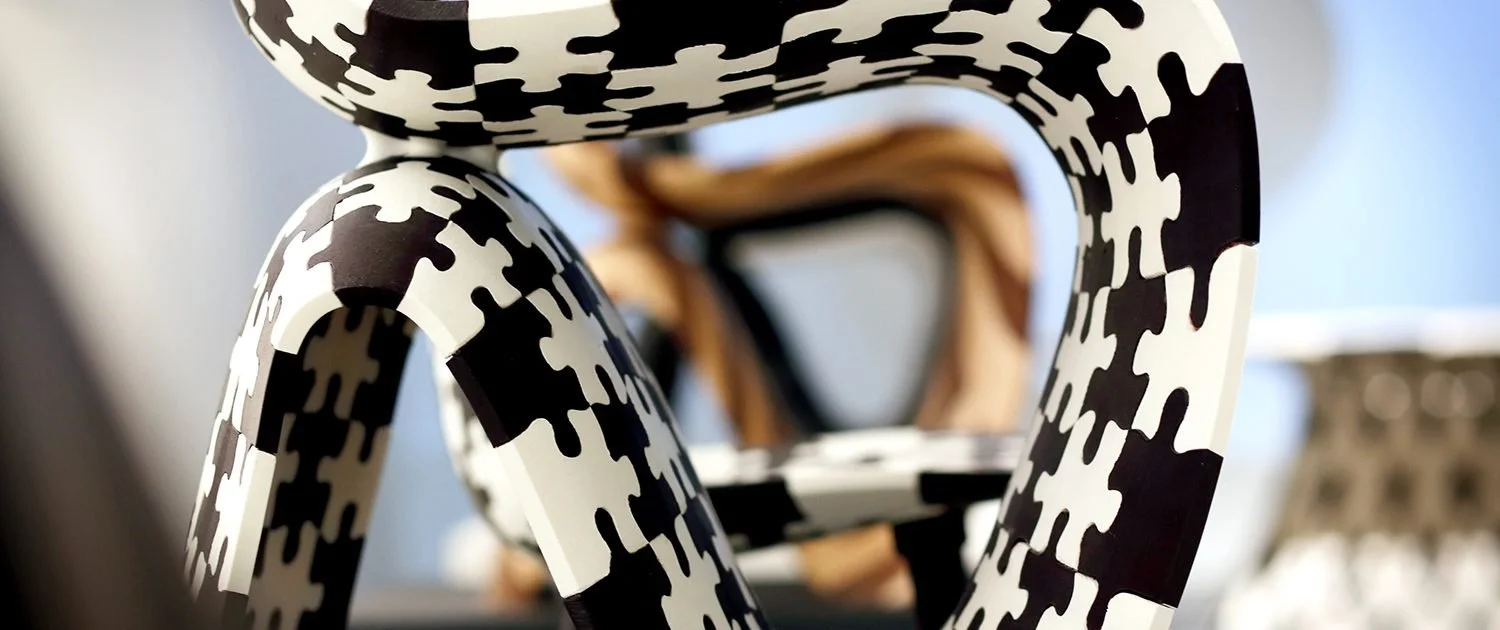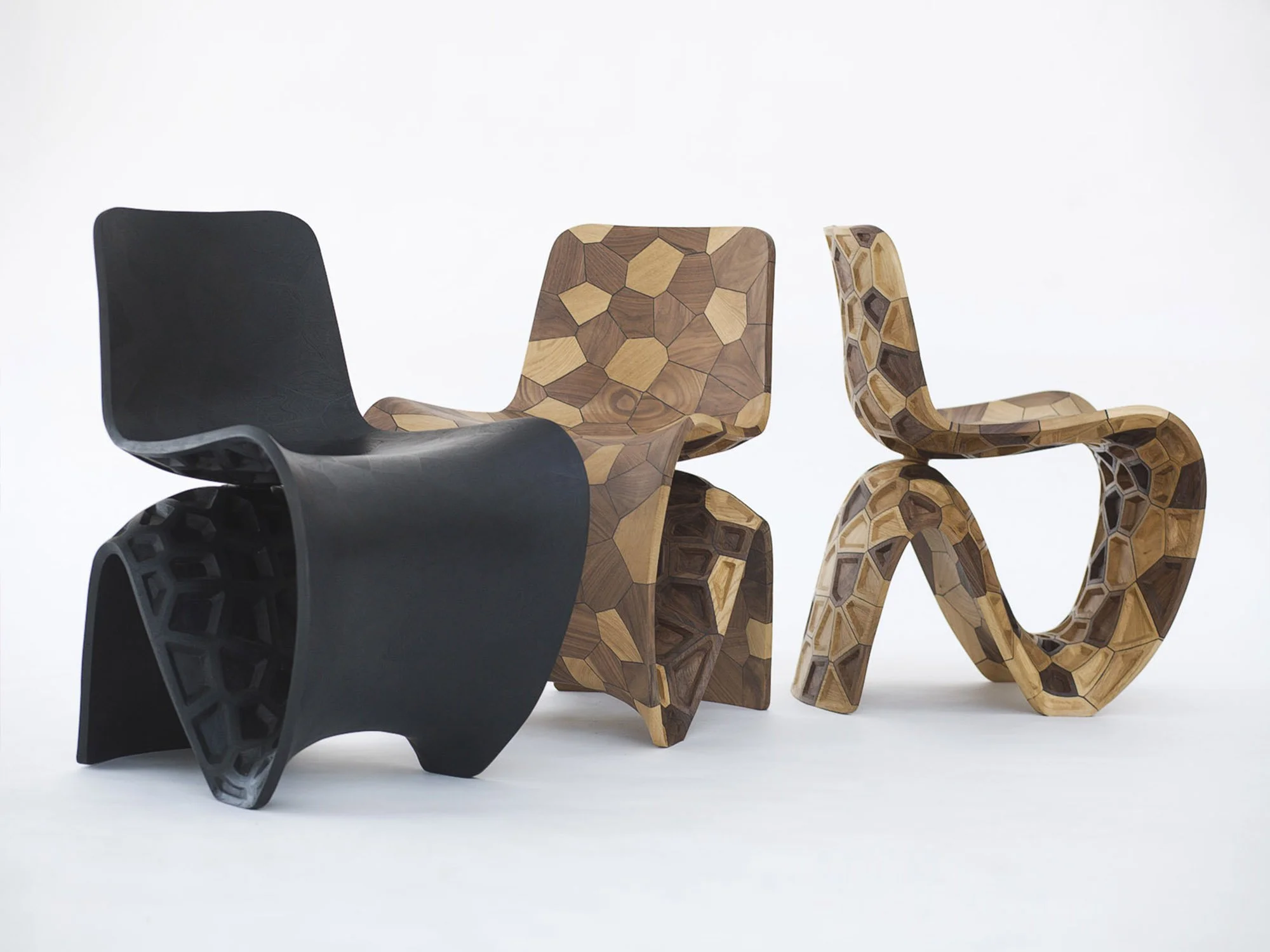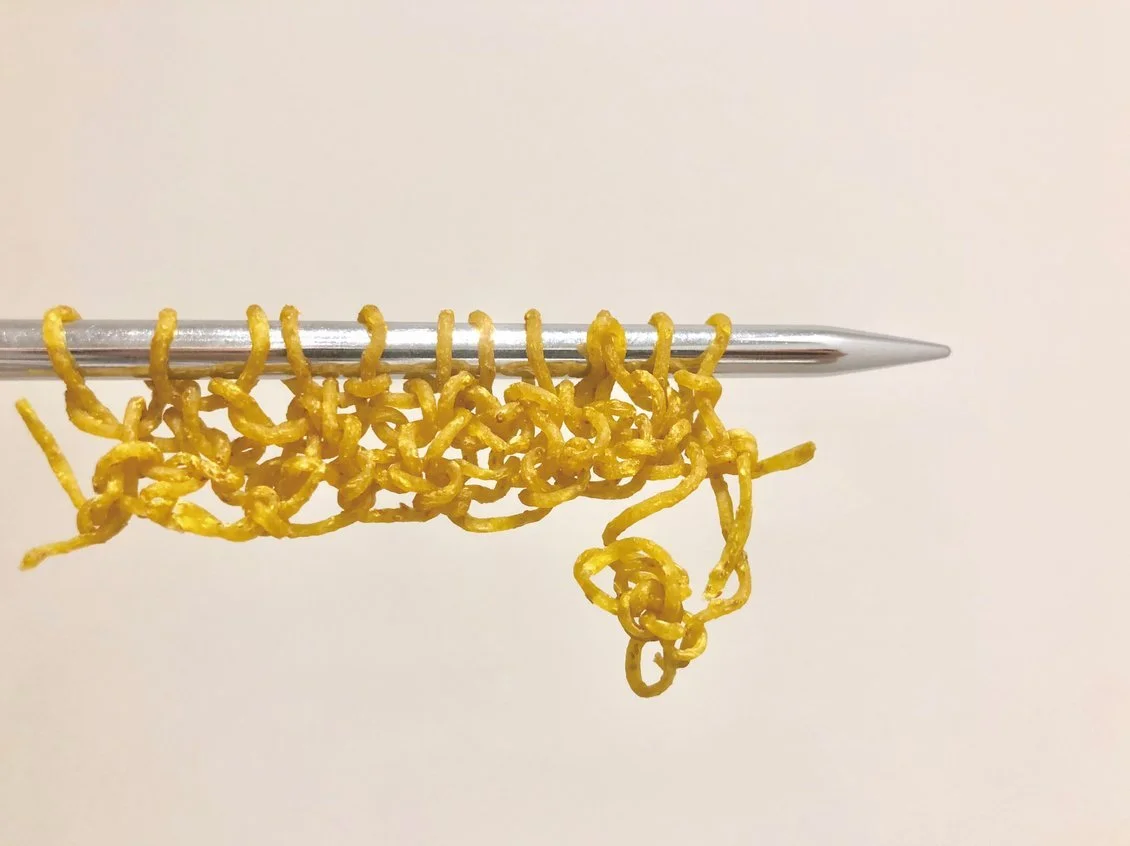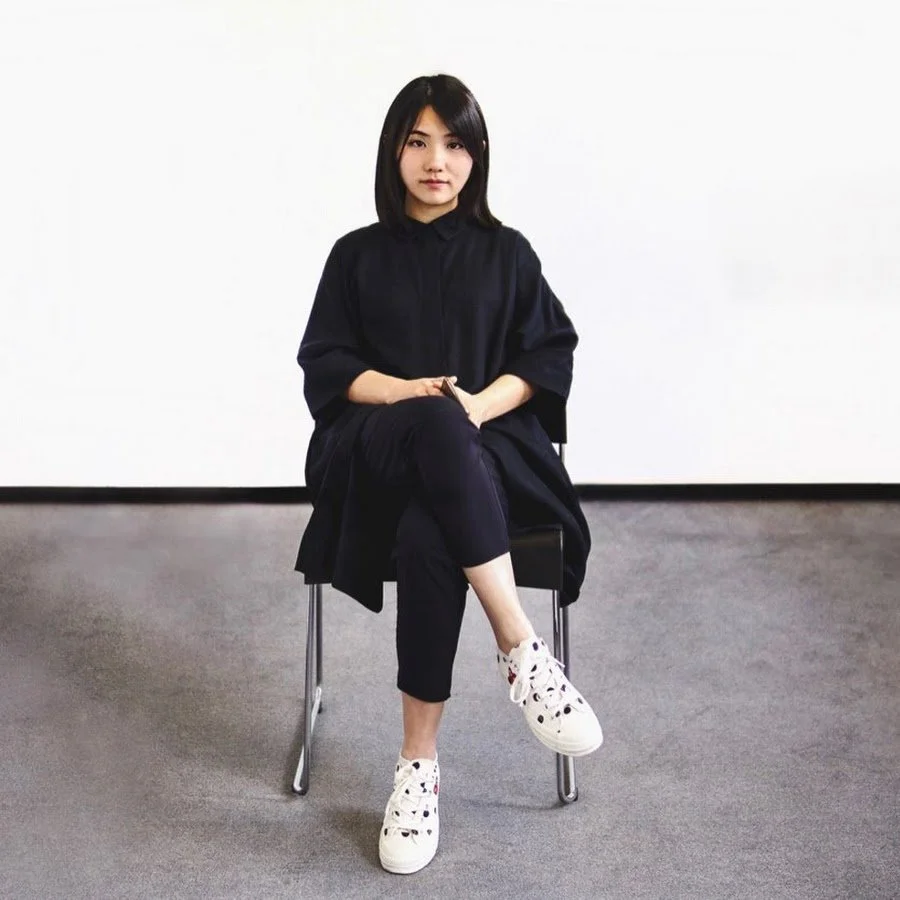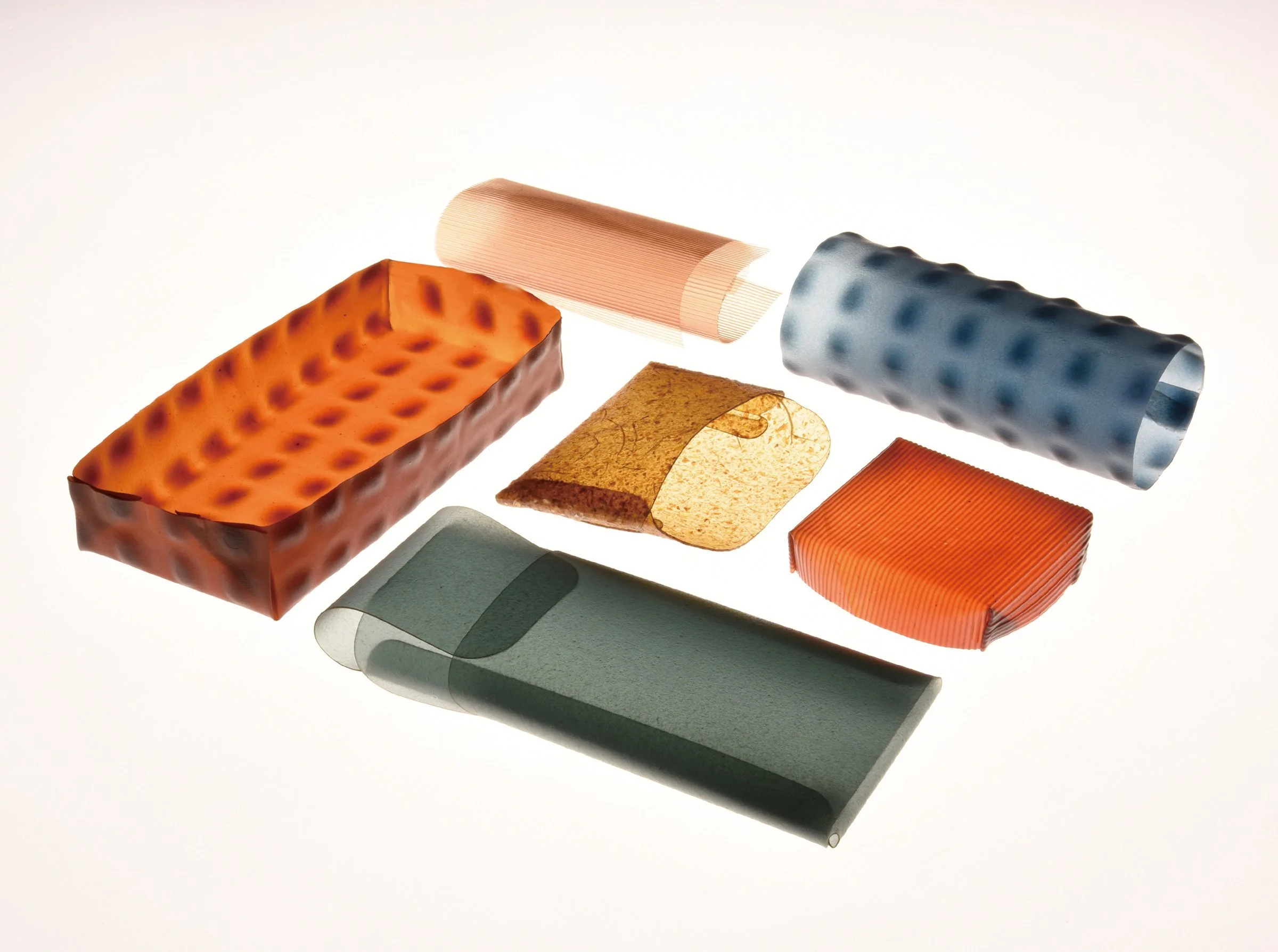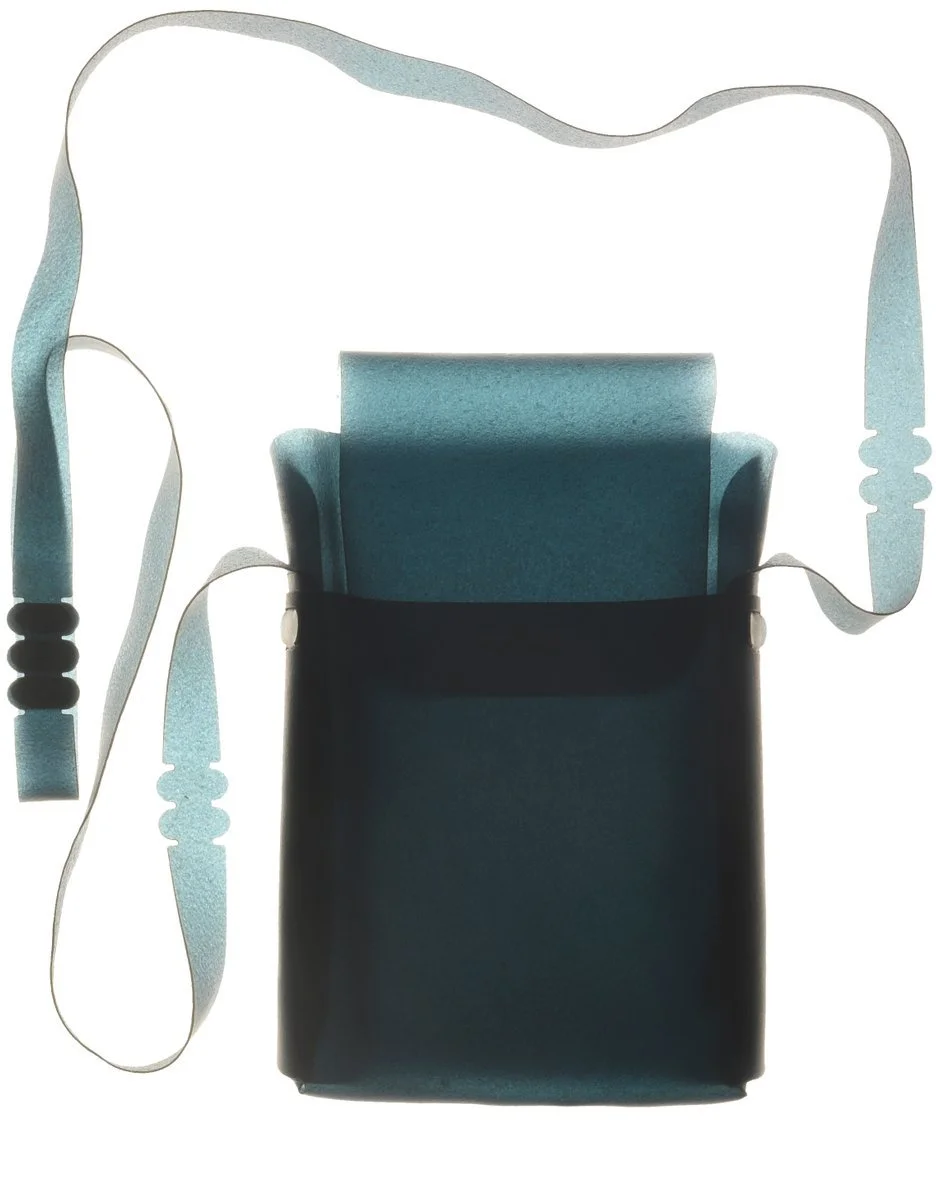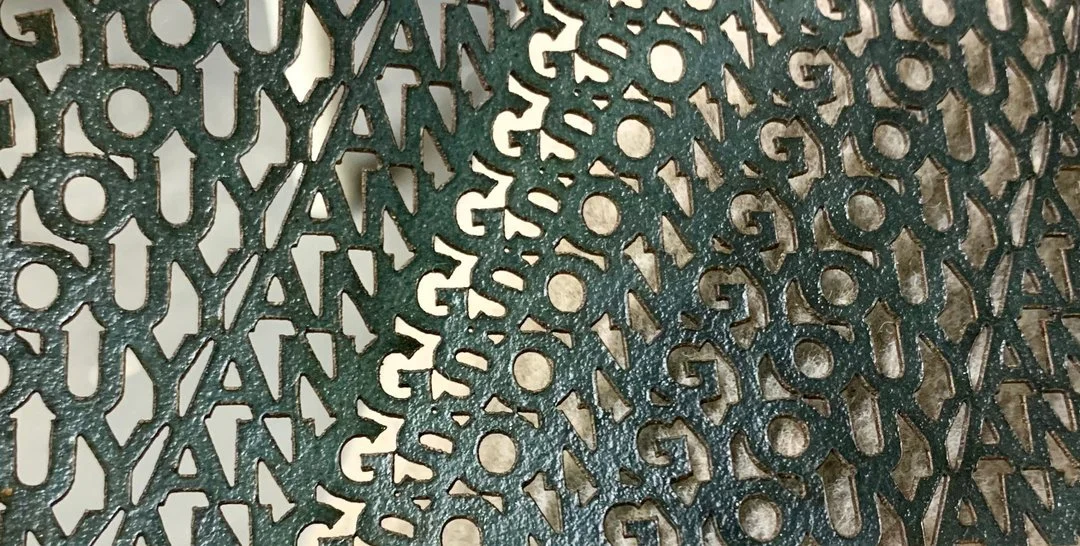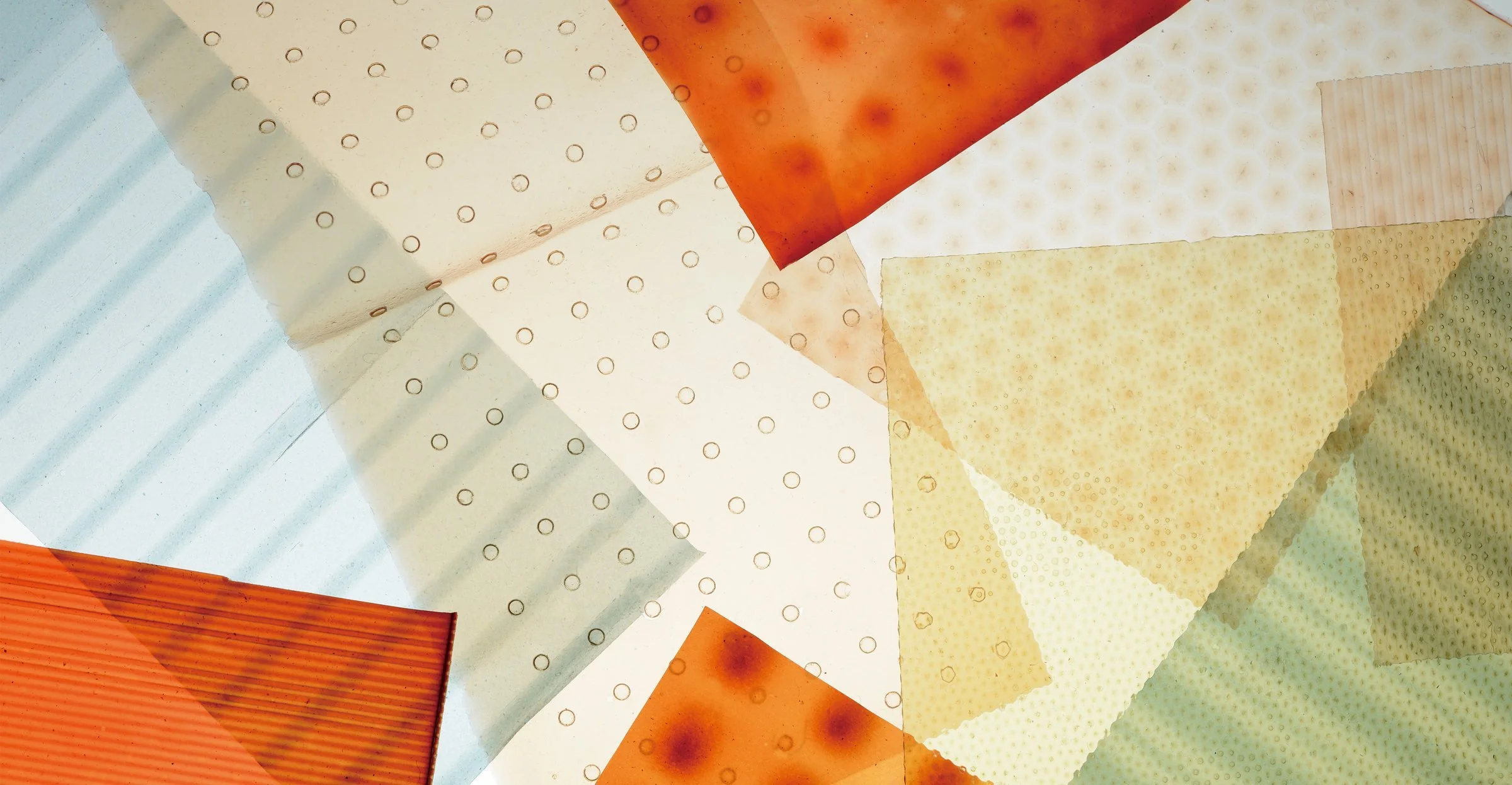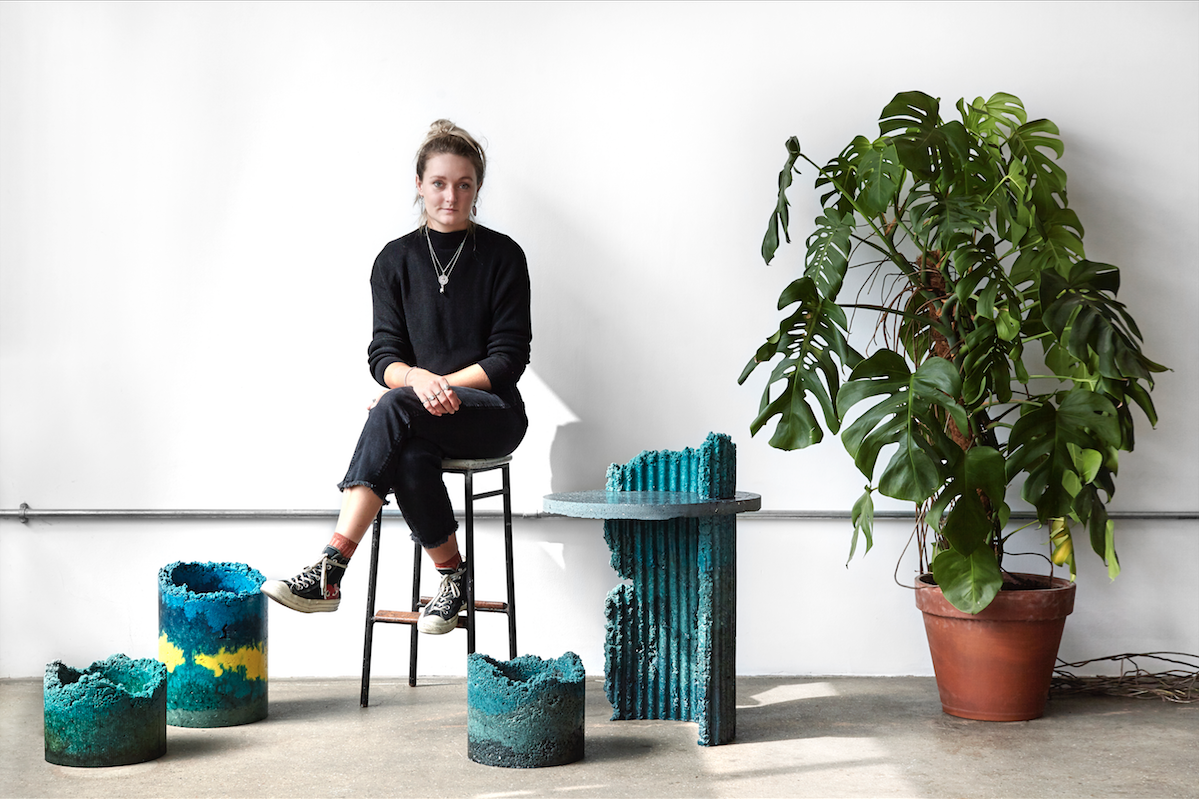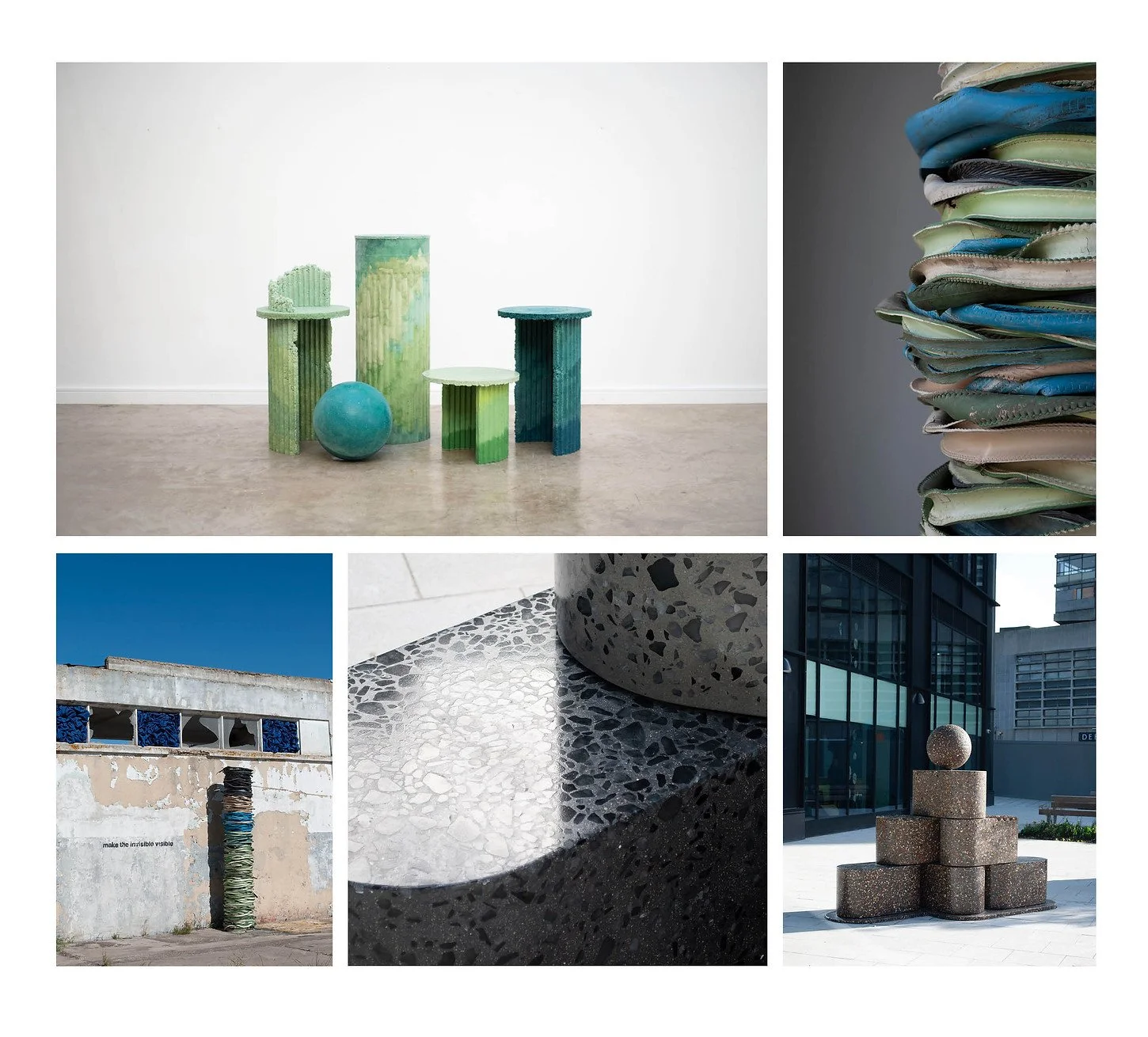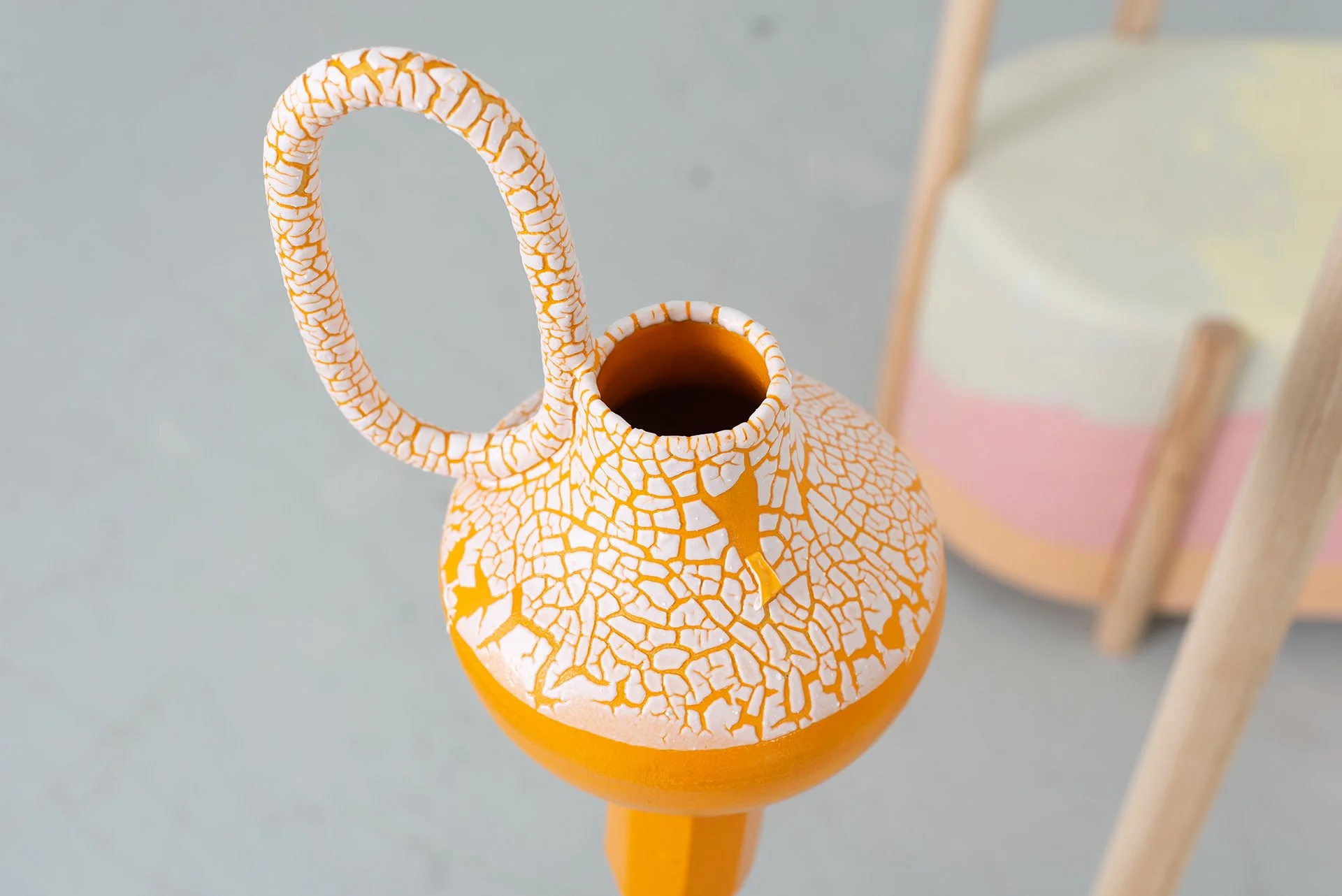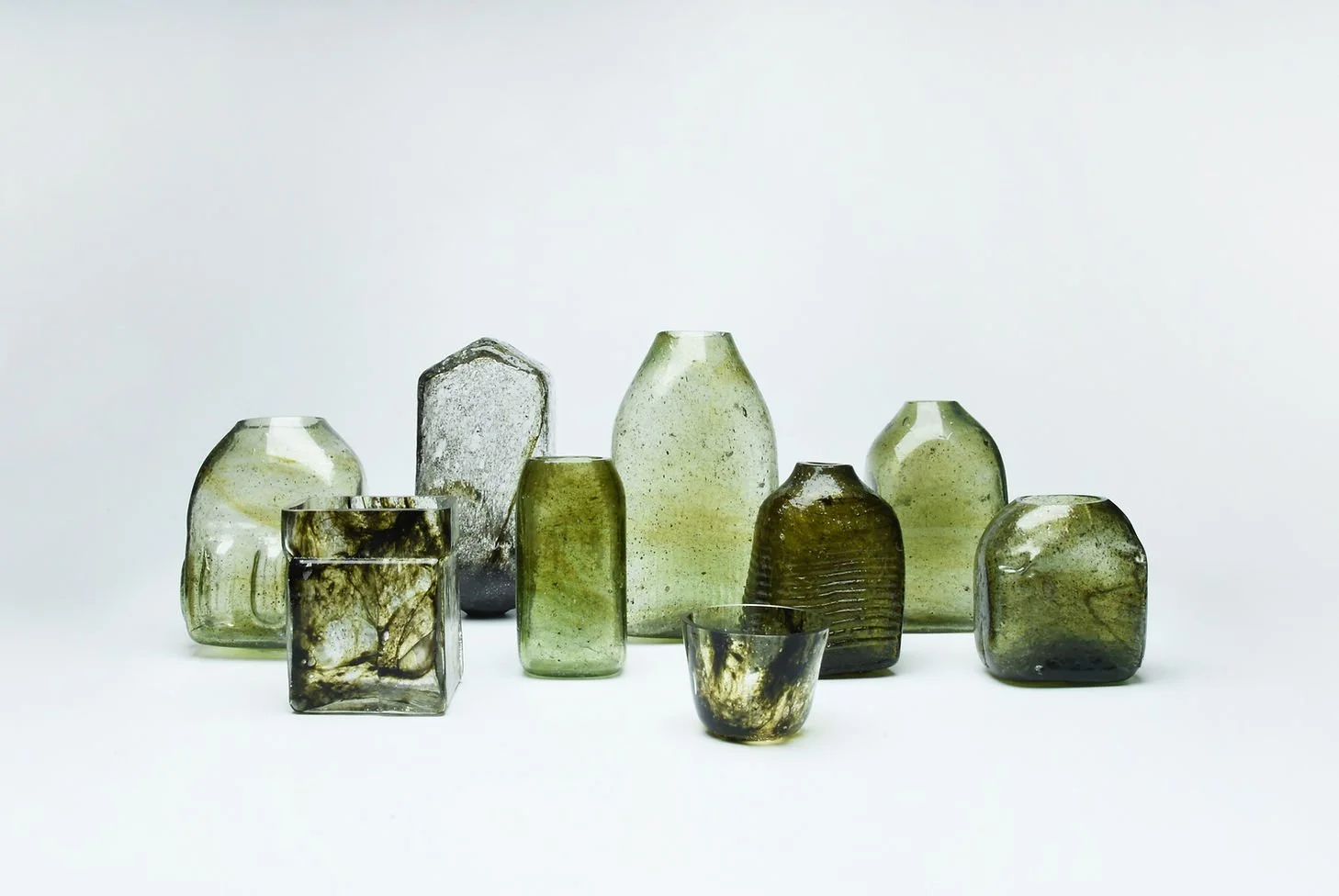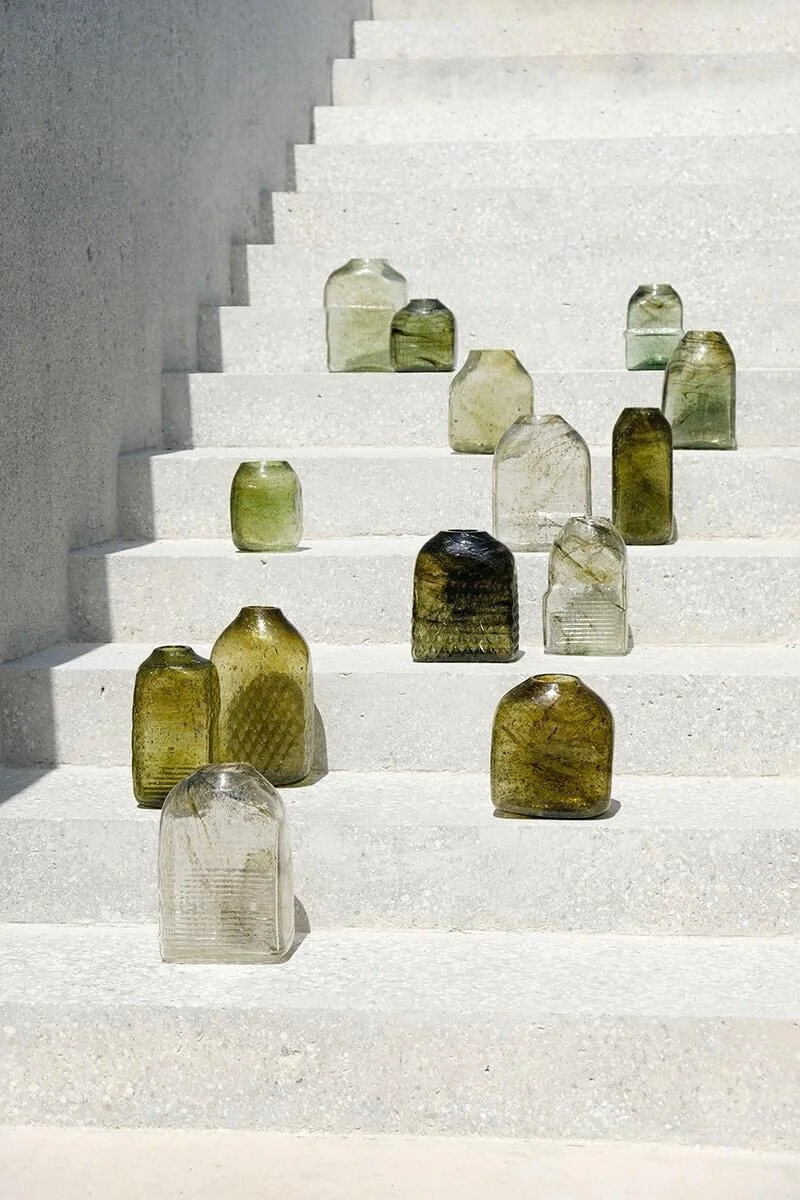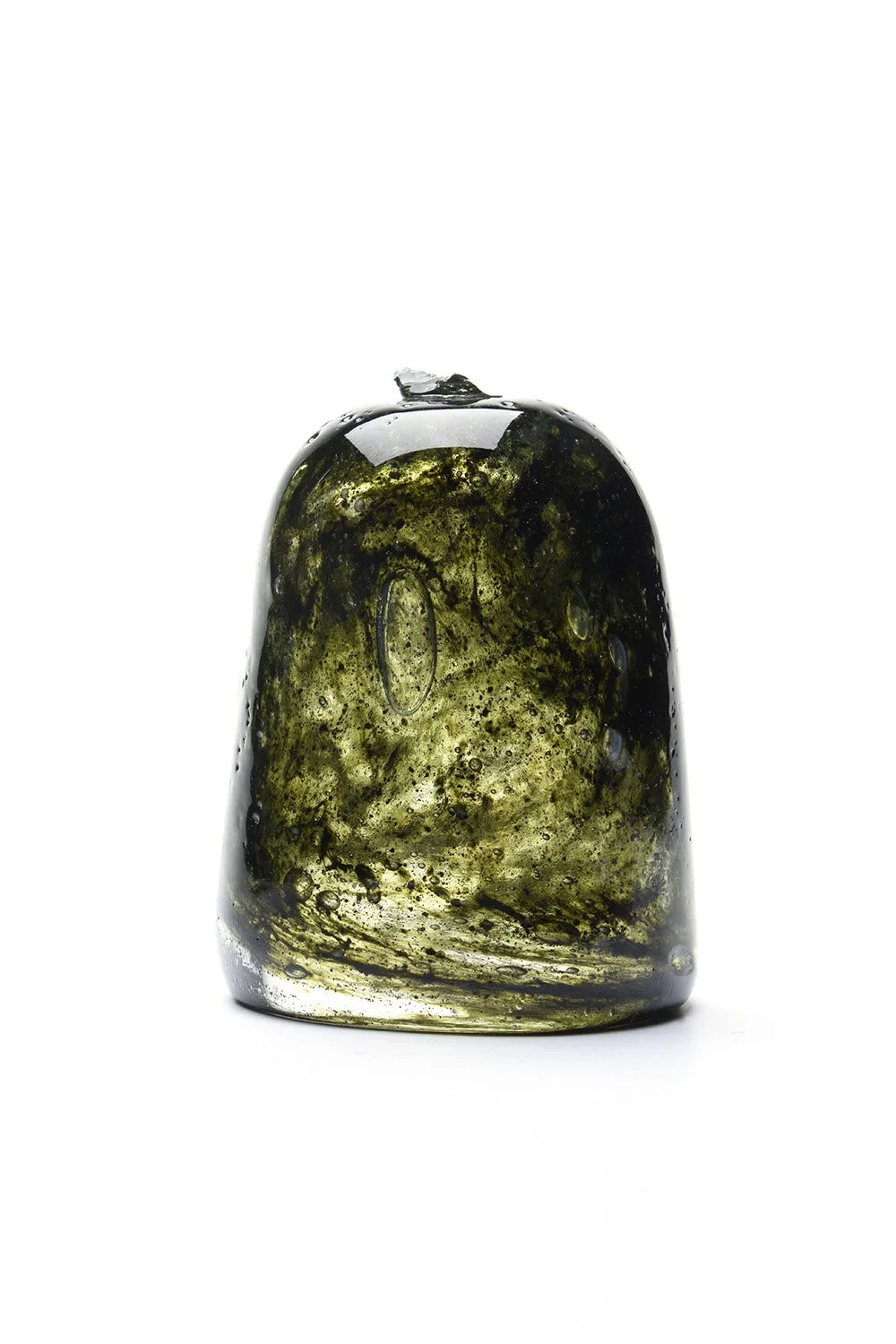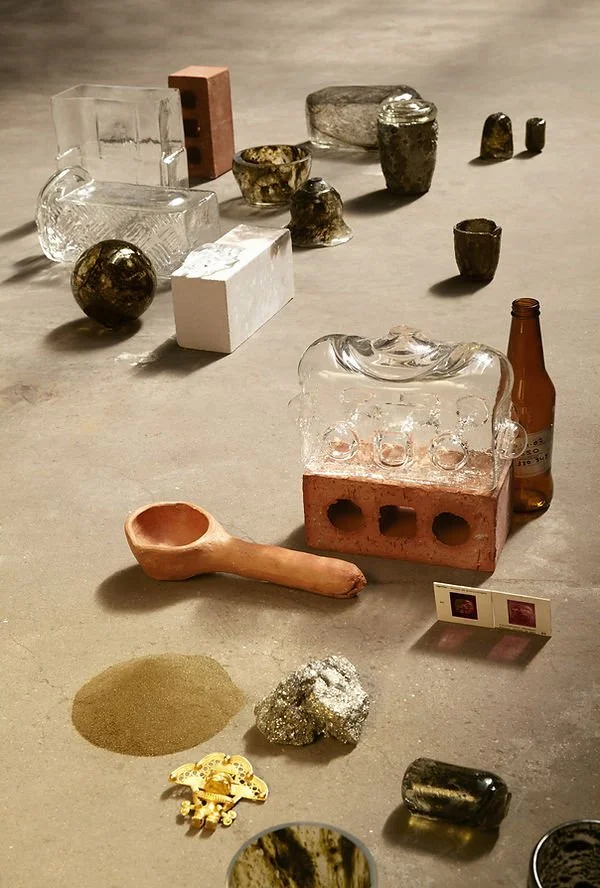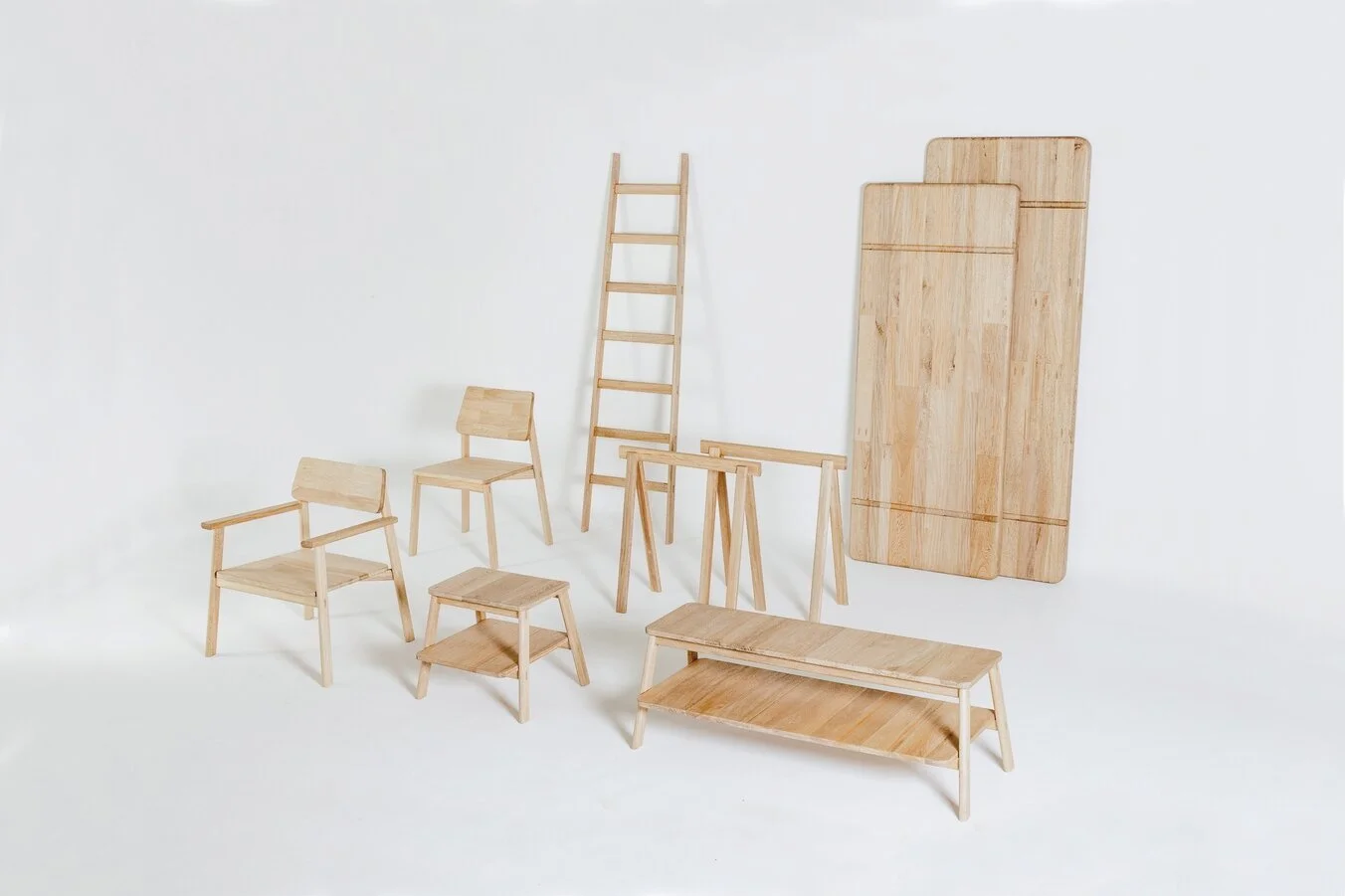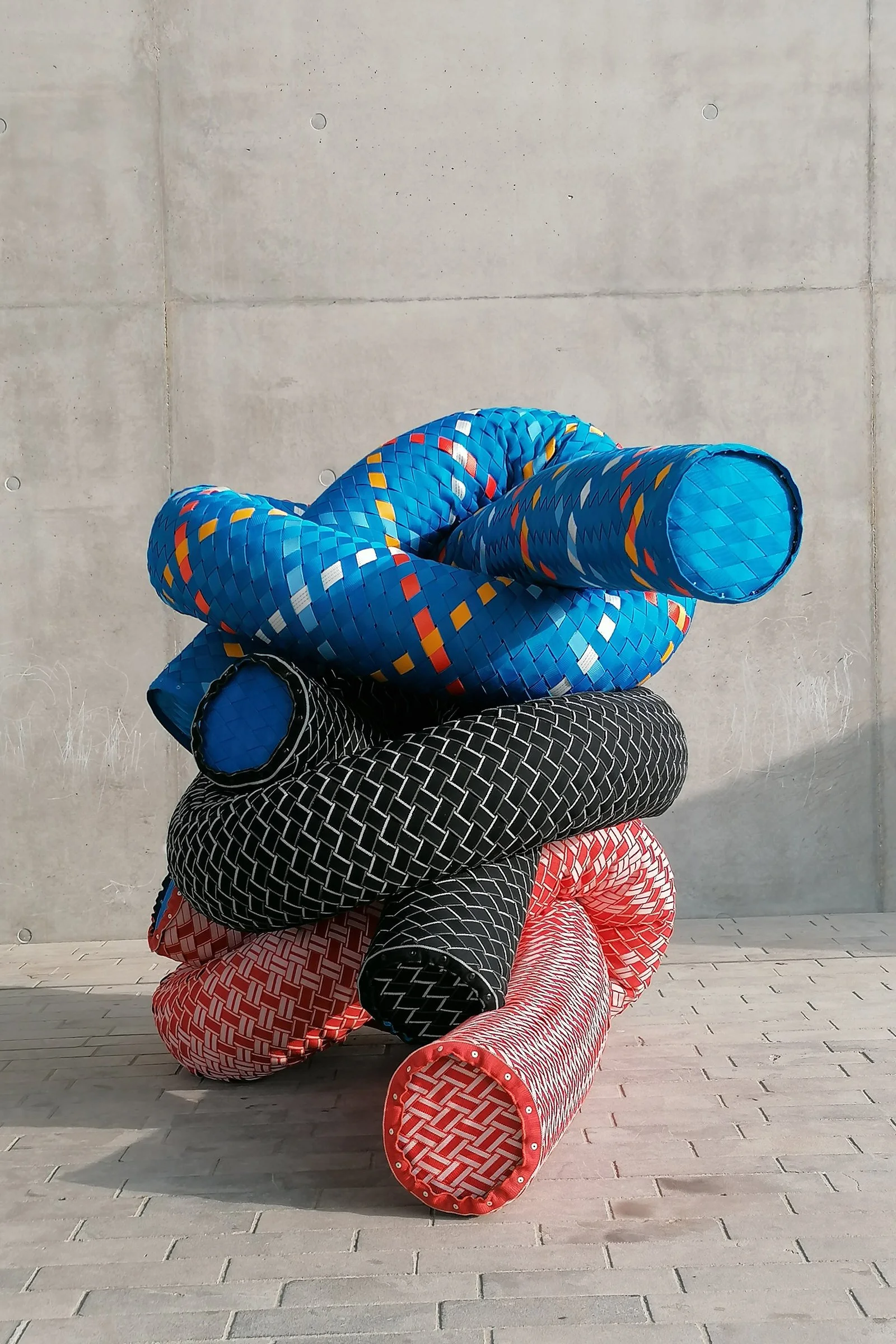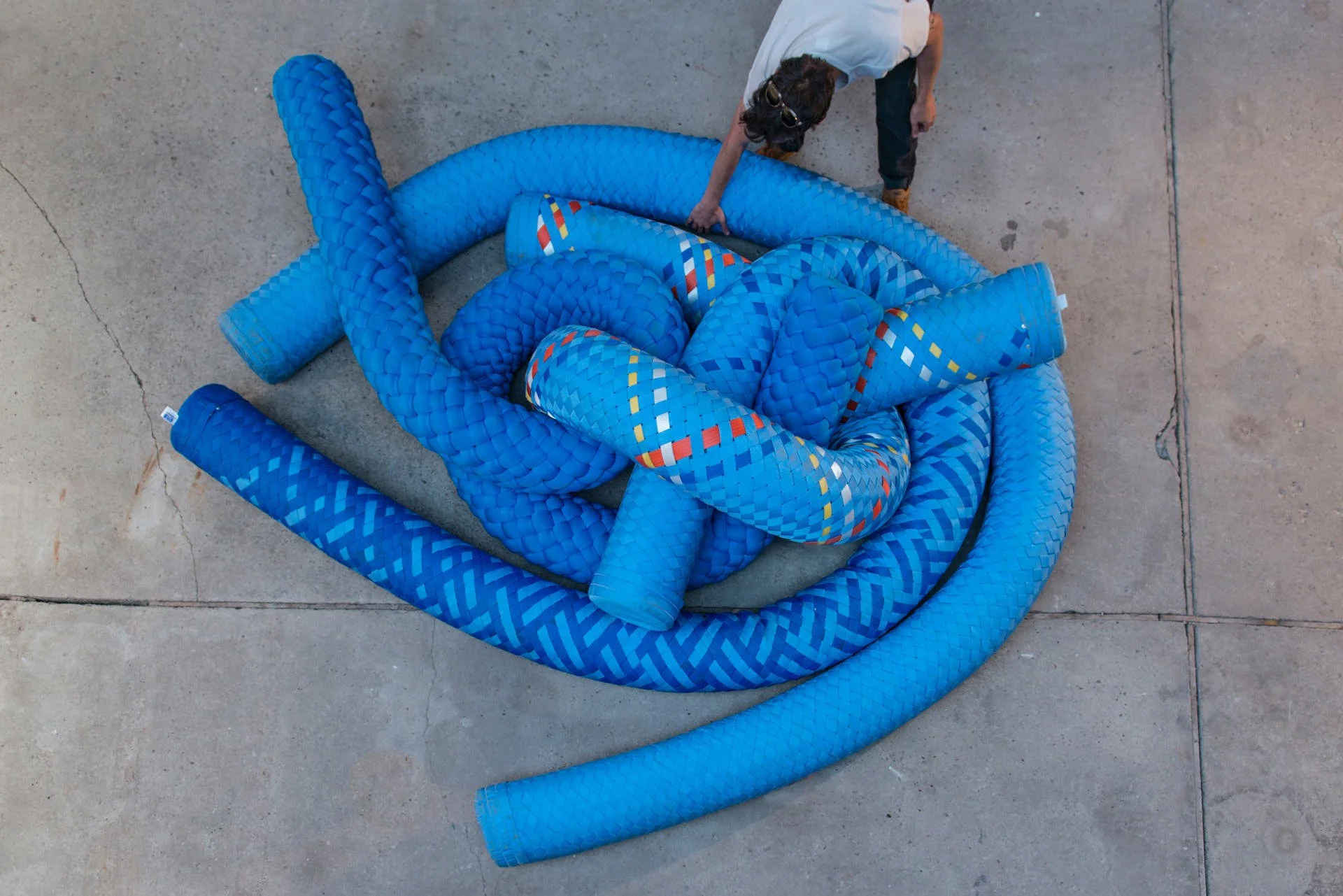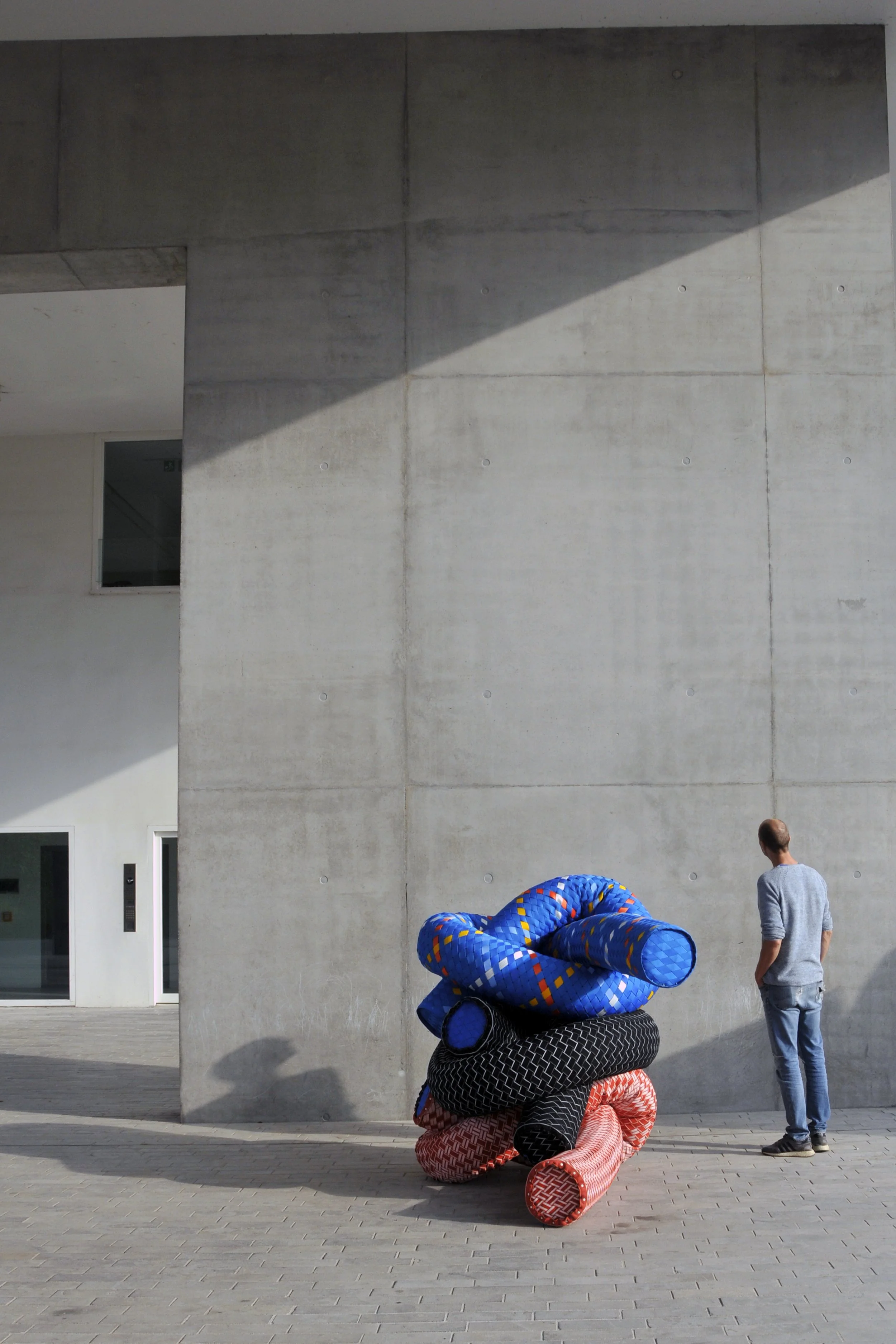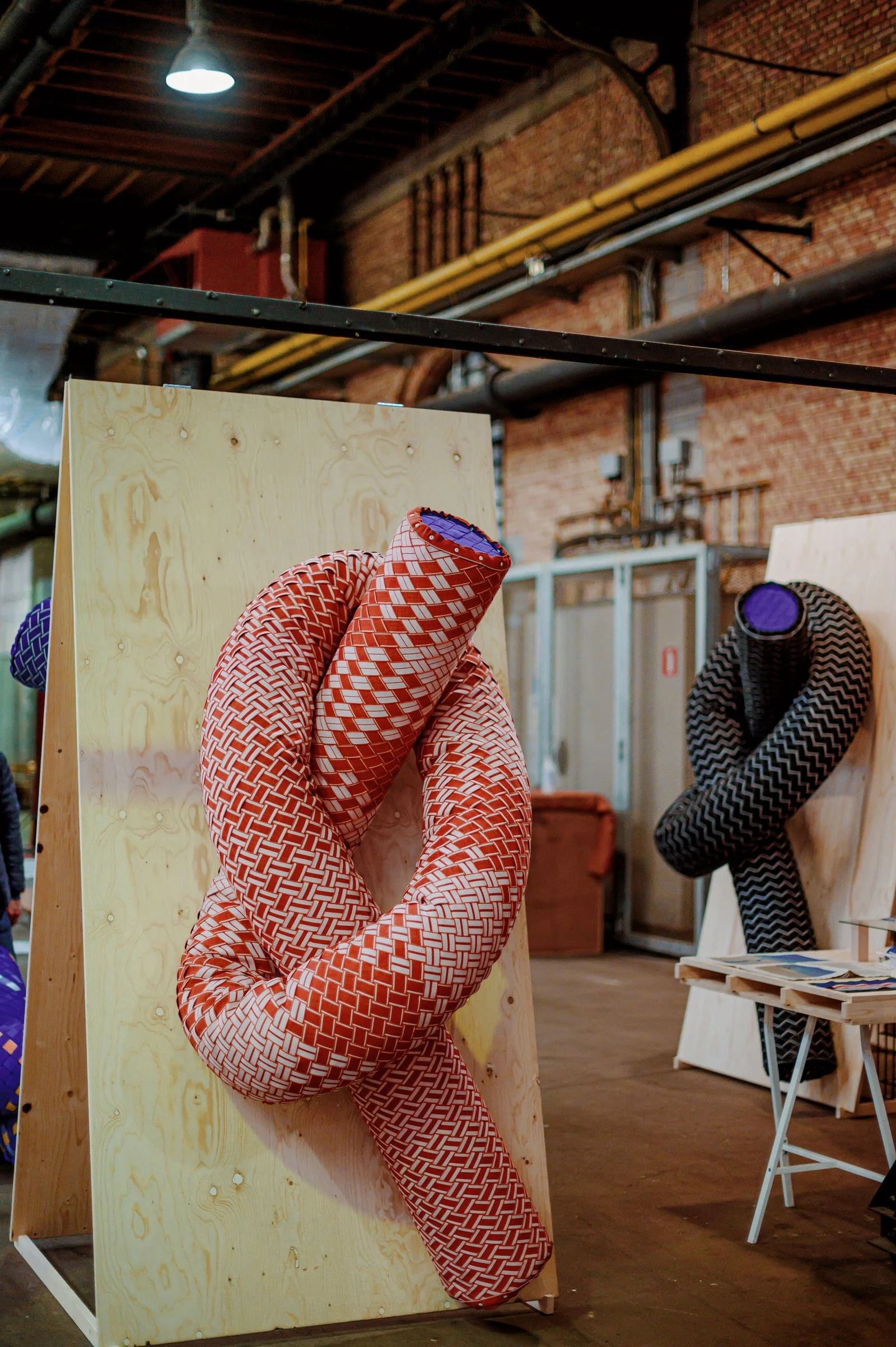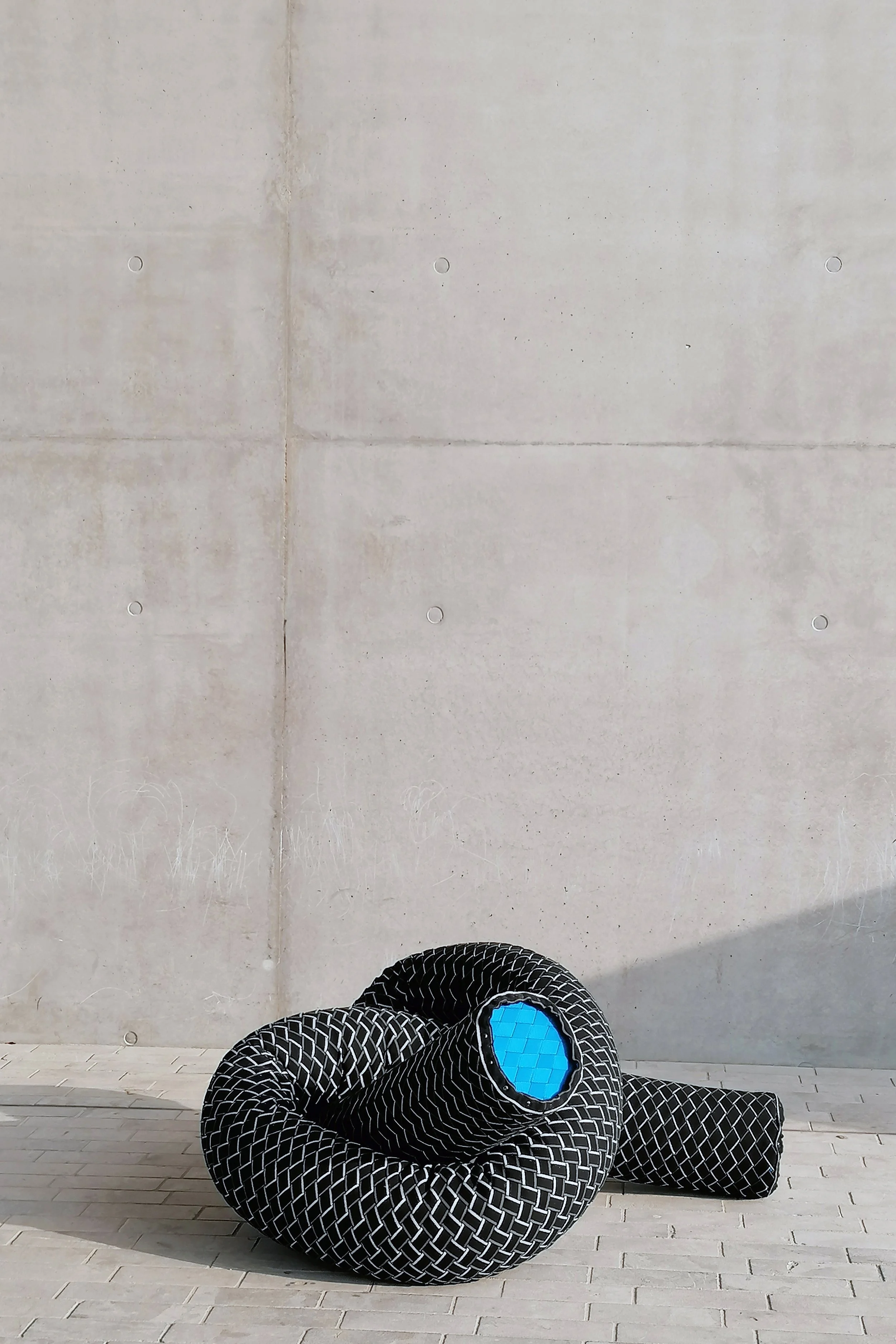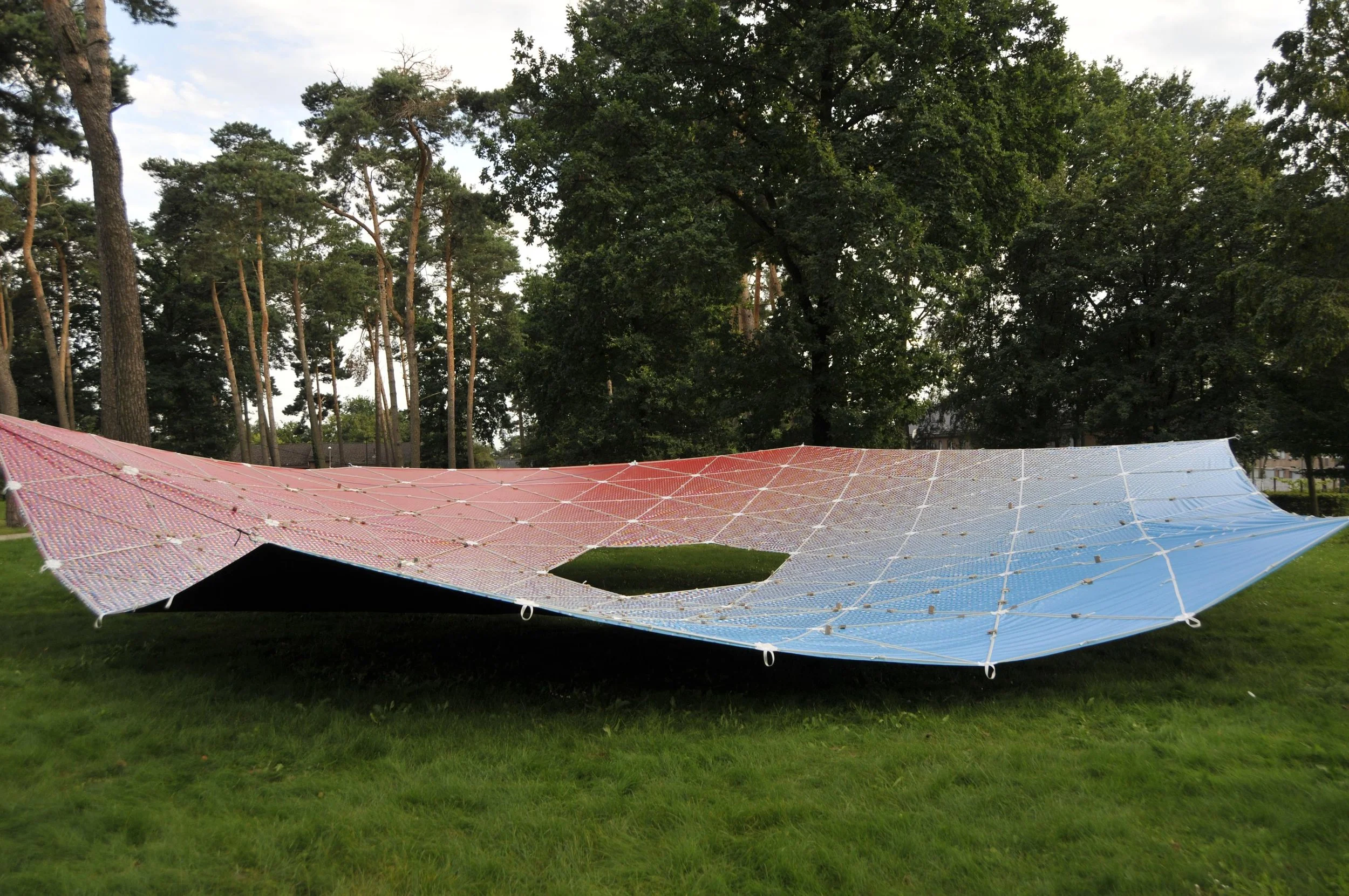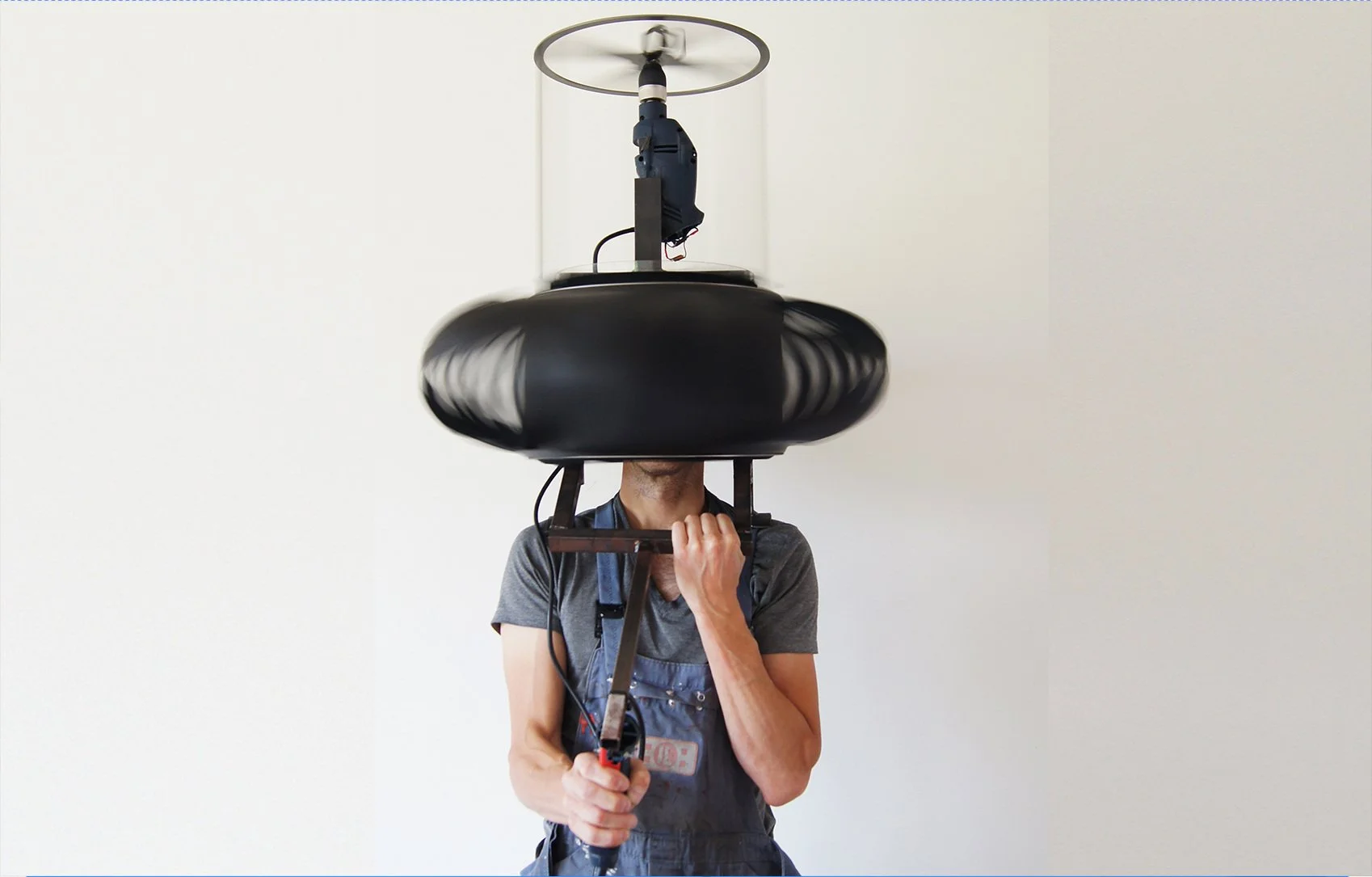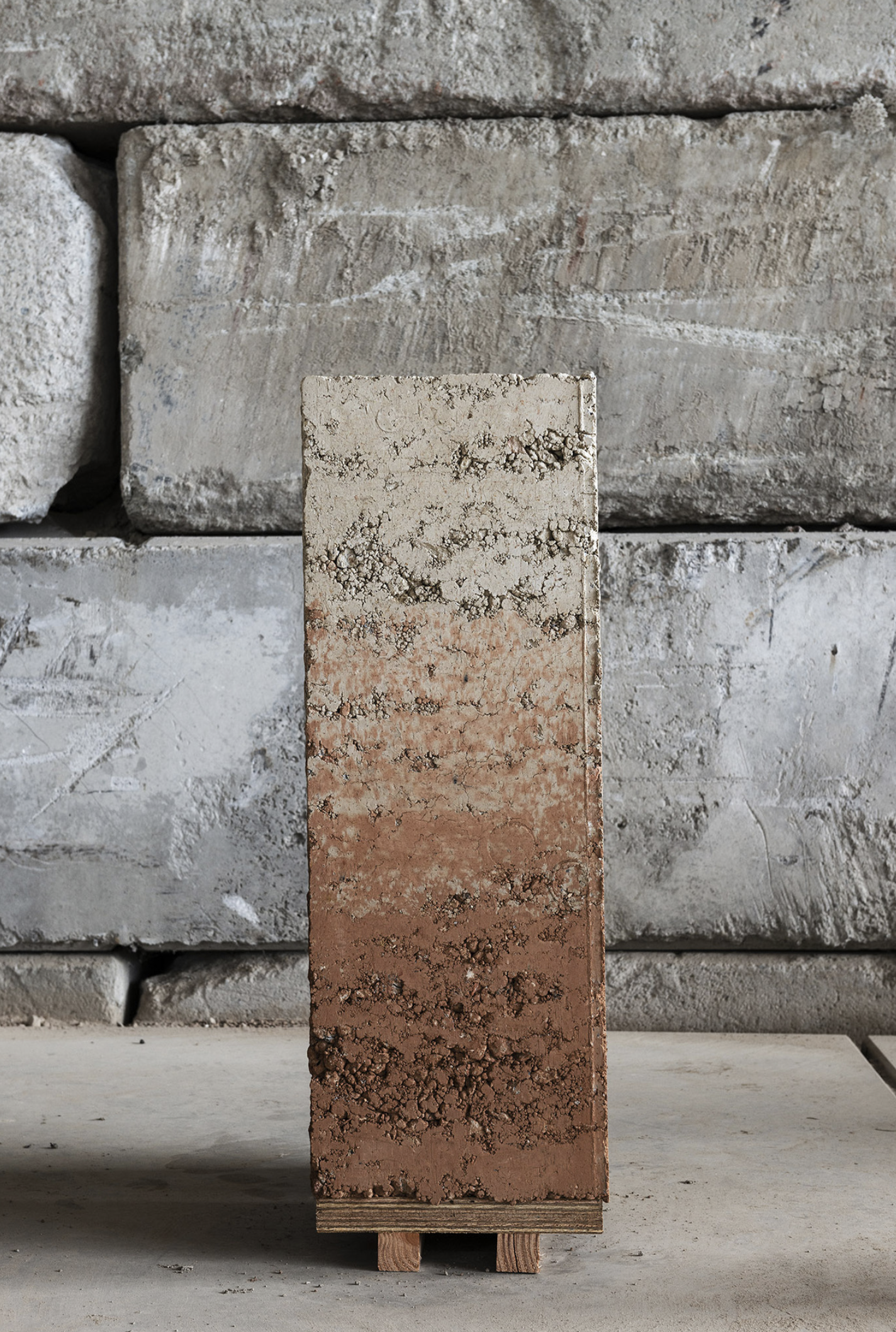 Image 1 of 13
Image 1 of 13

 Image 2 of 13
Image 2 of 13

 Image 3 of 13
Image 3 of 13

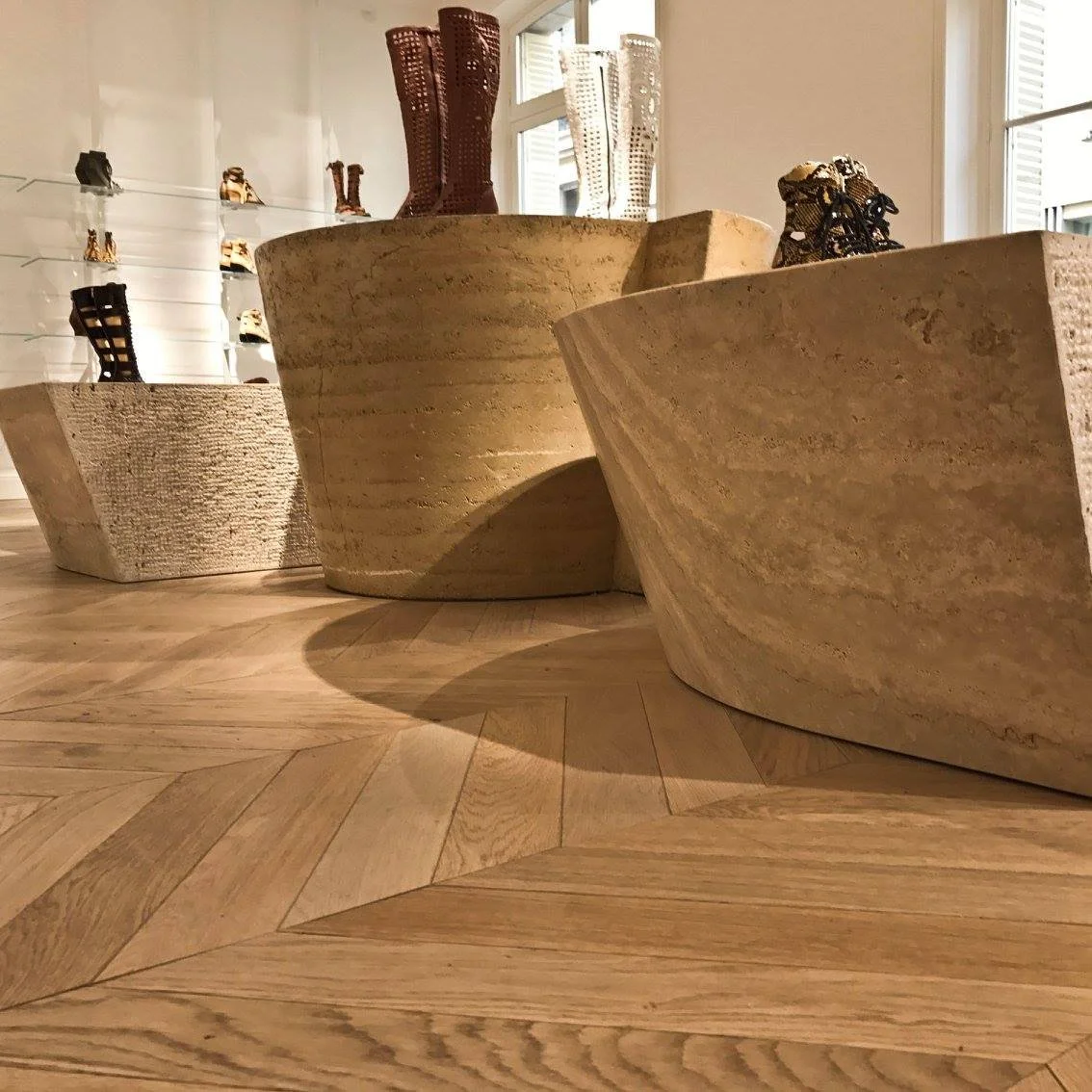 Image 4 of 13
Image 4 of 13

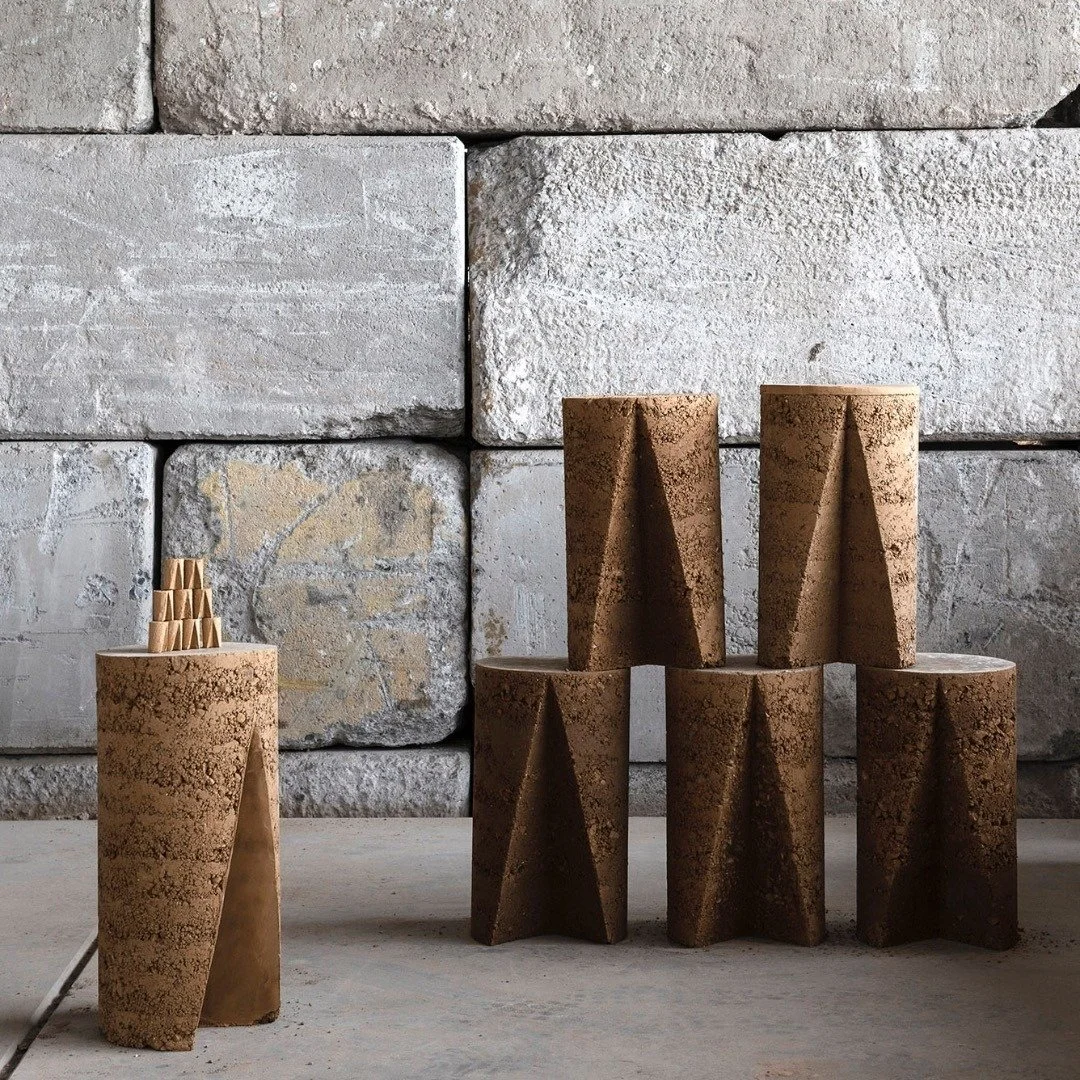 Image 5 of 13
Image 5 of 13

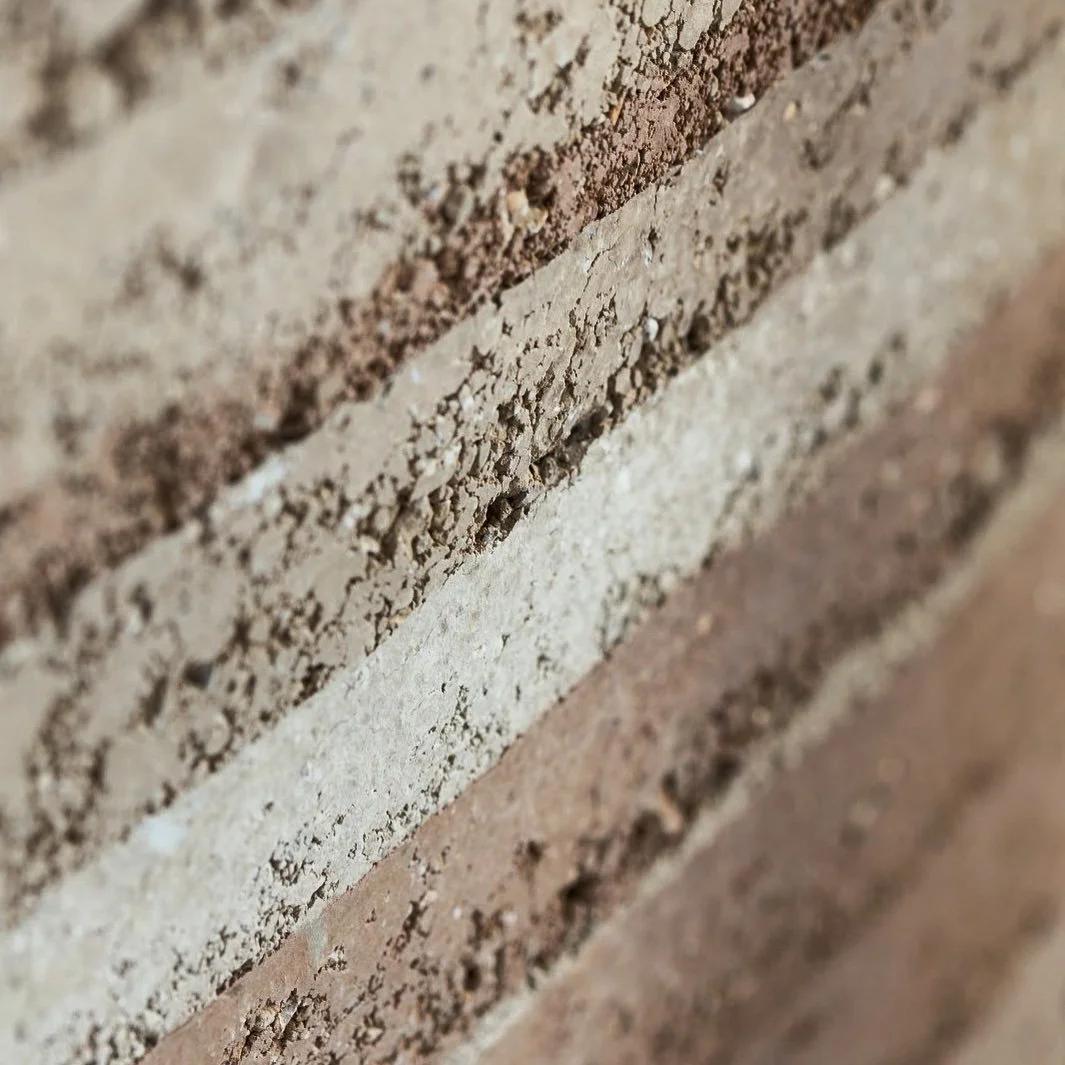 Image 6 of 13
Image 6 of 13

 Image 7 of 13
Image 7 of 13

 Image 8 of 13
Image 8 of 13

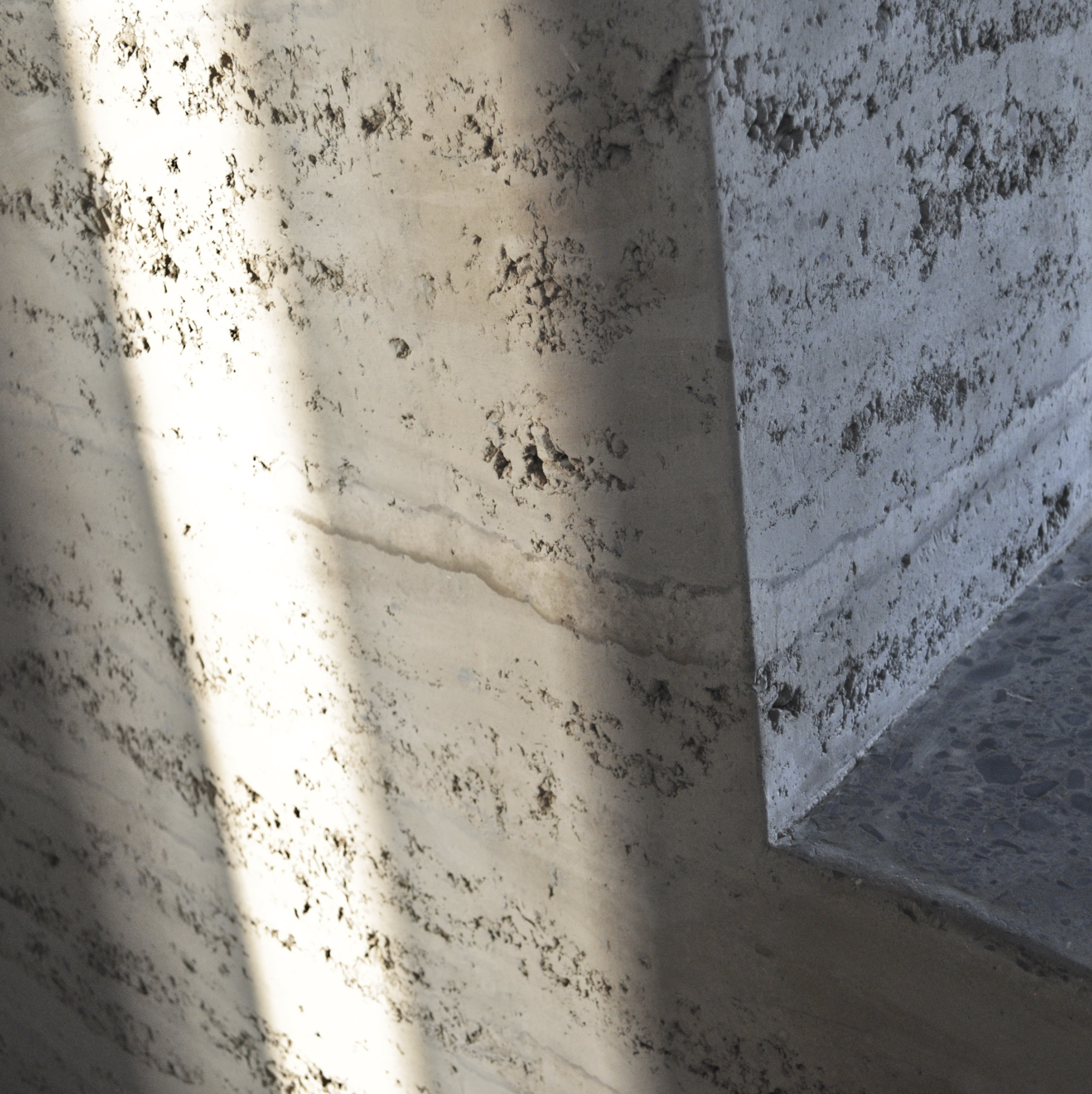 Image 9 of 13
Image 9 of 13

 Image 10 of 13
Image 10 of 13

 Image 11 of 13
Image 11 of 13

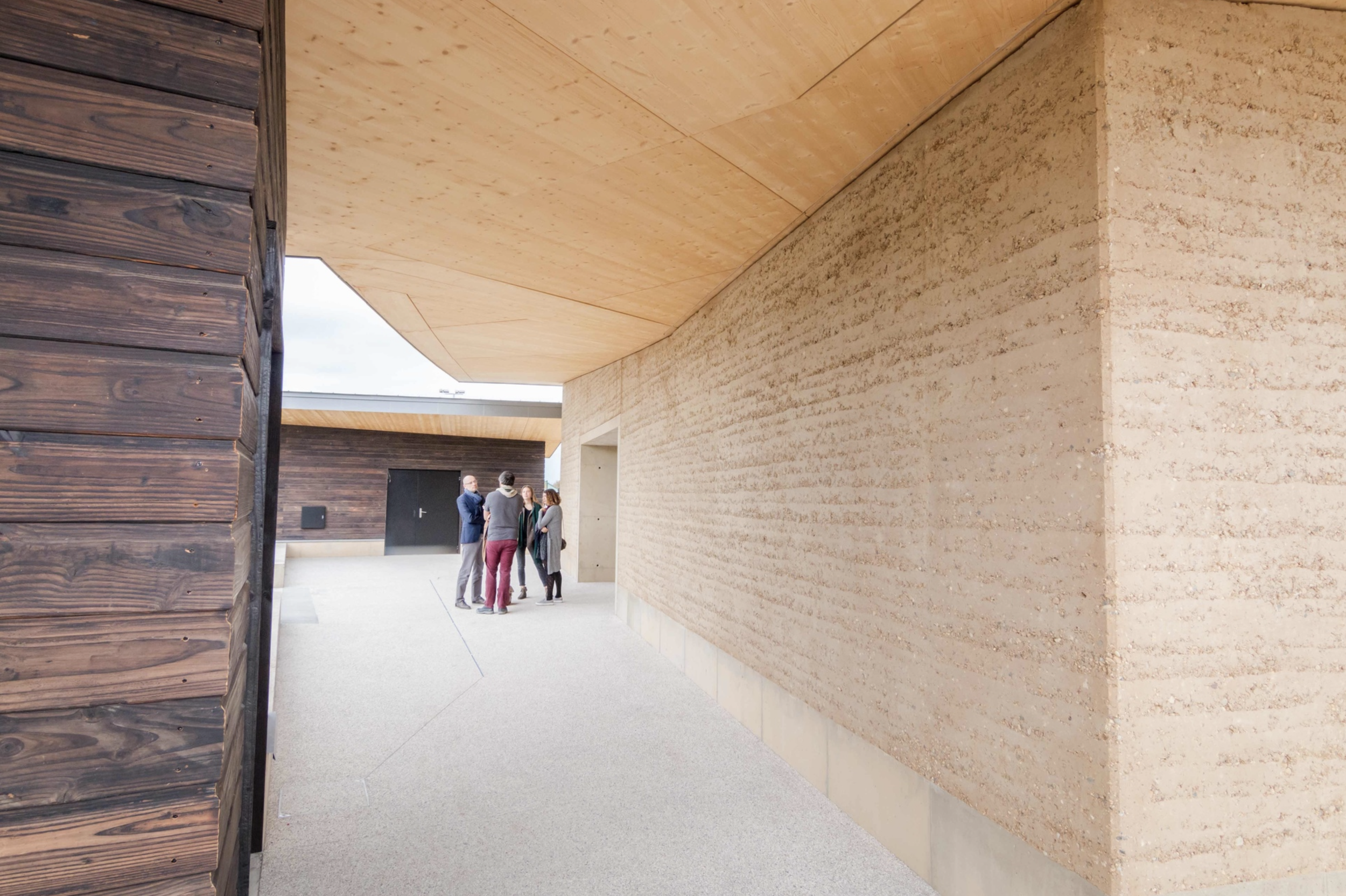 Image 12 of 13
Image 12 of 13

 Image 13 of 13
Image 13 of 13














Atelier Timur Ersen specializes in rammed-earth craftsmanship
Timur Ersen is a French/Turkish architect and craftsman based in Istanbul, Turkey, and France. He established his practice with the mission to create sustainable architectural solutions using local and natural materials such as earth, stone, wood, and straw. Ersen's current approach focuses on integrating circular economy principles into his architectural designs, promoting the use of traditional building techniques and local resources. Core values include sustainability, innovation, and cultural heritage, with a purpose to redefine the relationship between architecture, materials, and the environment.
Location
Headquarters: Istanbul, Turkey, and France.
Primary manufacturing/operations locations: Various locations in Turkey and France, particularly focusing on local resources and traditional building techniques.
The Circular Vision
Core circular economy principles: Designing out waste, using local and natural materials, and creating buildings that promote environmental awareness and sustainable practices.
Key innovations: Development of projects using rammed earth, stone, wood, and straw, such as the construction of wine cellars and public buildings. Ersen's work emphasizes the use of local materials and traditional techniques to create sustainable and durable structures.
Prioritization of local sourcing and closed-loop supply chains: Strong emphasis on using locally sourced materials and sustainable production methods to minimize environmental impact and support local economies.
Pioneering Solutions
Flagship projects: Ersen's portfolio includes innovative projects such as the construction of a wine cellar using dry stone and rammed earth in the Drôme region, the La Apoteka workshop made from stone, brick, and bamboo, and various other projects that showcase the potential of sustainable materials and traditional building techniques.
The Regenerative Future
R&D focus areas: Advancing sustainable architectural techniques, exploring new applications for natural and local materials, and developing solutions that further reduce waste and energy consumption in design and construction processes.
Ambitious goals: To lead the architecture industry in sustainable practices, create zero-waste buildings, and inspire a shift towards a regenerative approach to design and environmental stewardship.
Fact Sheet
Commercial Availability: Architectural design services available through collaborations, exhibitions, and partnerships with cultural institutions and businesses.
Circularity Rating: 5/5 (Strong focus on integrating circular economy principles and using local, natural materials in architectural design).
Material Passport: Detailed use of local and natural materials in projects, with emphasis on their environmental and cultural significance.
Designed for Disassembly: Yes, many projects focus on traditional techniques that allow for future adaptability and material reuse.
Carbon Performance: Focus on reducing carbon footprint through the use of local materials and sustainable building techniques. Specific carbon metrics not provided.
Key Takeaway
Timur Ersen transforms the architecture industry through innovative use of local and natural materials, setting a benchmark for environmental responsibility and material innovation in contemporary sustainable architecture.
Explore Further
Timur Ersen website: https://www.timurersen.com
Timur Ersen is a French/Turkish architect and craftsman based in Istanbul, Turkey, and France. He established his practice with the mission to create sustainable architectural solutions using local and natural materials such as earth, stone, wood, and straw. Ersen's current approach focuses on integrating circular economy principles into his architectural designs, promoting the use of traditional building techniques and local resources. Core values include sustainability, innovation, and cultural heritage, with a purpose to redefine the relationship between architecture, materials, and the environment.
Location
Headquarters: Istanbul, Turkey, and France.
Primary manufacturing/operations locations: Various locations in Turkey and France, particularly focusing on local resources and traditional building techniques.
The Circular Vision
Core circular economy principles: Designing out waste, using local and natural materials, and creating buildings that promote environmental awareness and sustainable practices.
Key innovations: Development of projects using rammed earth, stone, wood, and straw, such as the construction of wine cellars and public buildings. Ersen's work emphasizes the use of local materials and traditional techniques to create sustainable and durable structures.
Prioritization of local sourcing and closed-loop supply chains: Strong emphasis on using locally sourced materials and sustainable production methods to minimize environmental impact and support local economies.
Pioneering Solutions
Flagship projects: Ersen's portfolio includes innovative projects such as the construction of a wine cellar using dry stone and rammed earth in the Drôme region, the La Apoteka workshop made from stone, brick, and bamboo, and various other projects that showcase the potential of sustainable materials and traditional building techniques.
The Regenerative Future
R&D focus areas: Advancing sustainable architectural techniques, exploring new applications for natural and local materials, and developing solutions that further reduce waste and energy consumption in design and construction processes.
Ambitious goals: To lead the architecture industry in sustainable practices, create zero-waste buildings, and inspire a shift towards a regenerative approach to design and environmental stewardship.
Fact Sheet
Commercial Availability: Architectural design services available through collaborations, exhibitions, and partnerships with cultural institutions and businesses.
Circularity Rating: 5/5 (Strong focus on integrating circular economy principles and using local, natural materials in architectural design).
Material Passport: Detailed use of local and natural materials in projects, with emphasis on their environmental and cultural significance.
Designed for Disassembly: Yes, many projects focus on traditional techniques that allow for future adaptability and material reuse.
Carbon Performance: Focus on reducing carbon footprint through the use of local materials and sustainable building techniques. Specific carbon metrics not provided.
Key Takeaway
Timur Ersen transforms the architecture industry through innovative use of local and natural materials, setting a benchmark for environmental responsibility and material innovation in contemporary sustainable architecture.
Explore Further
Timur Ersen website: https://www.timurersen.com

